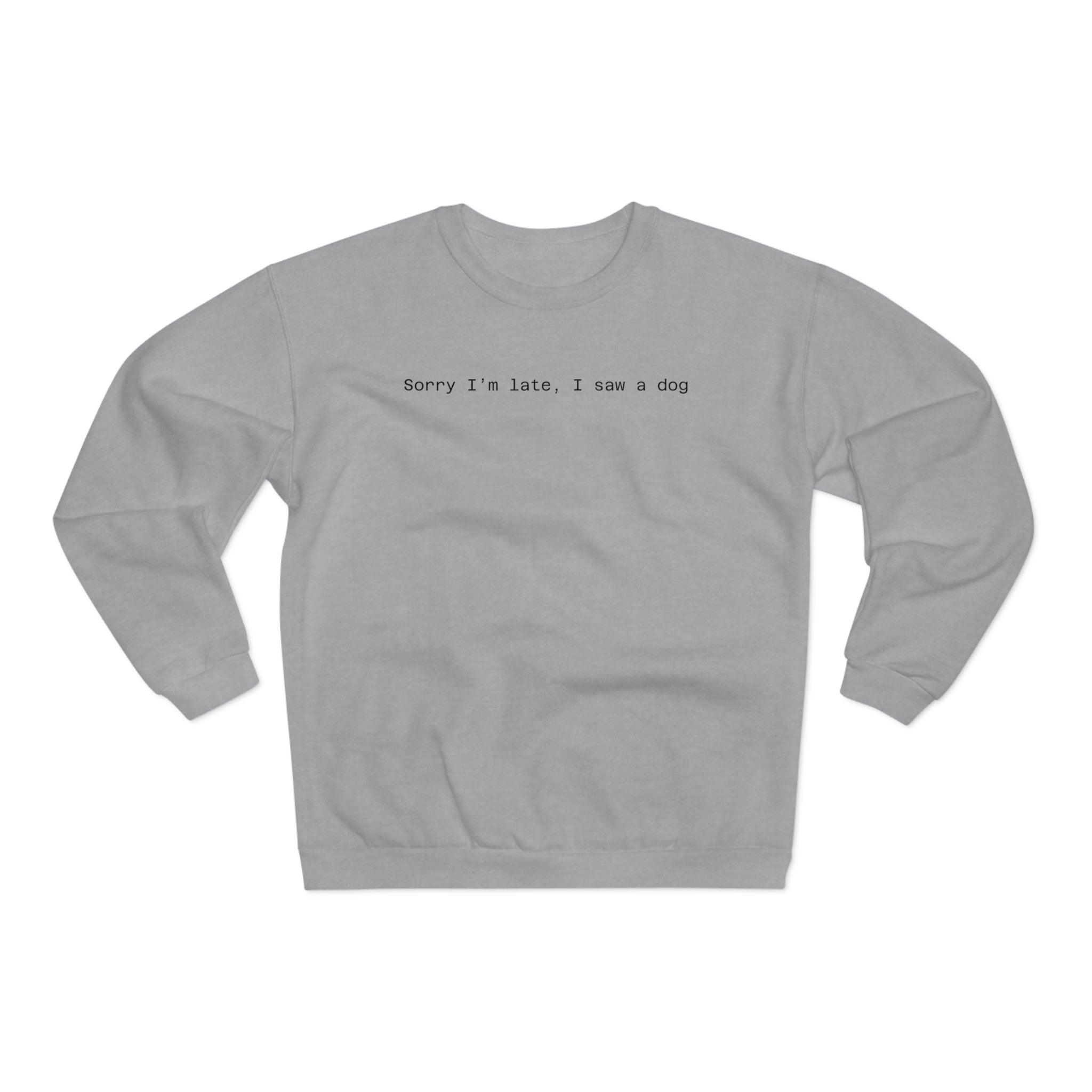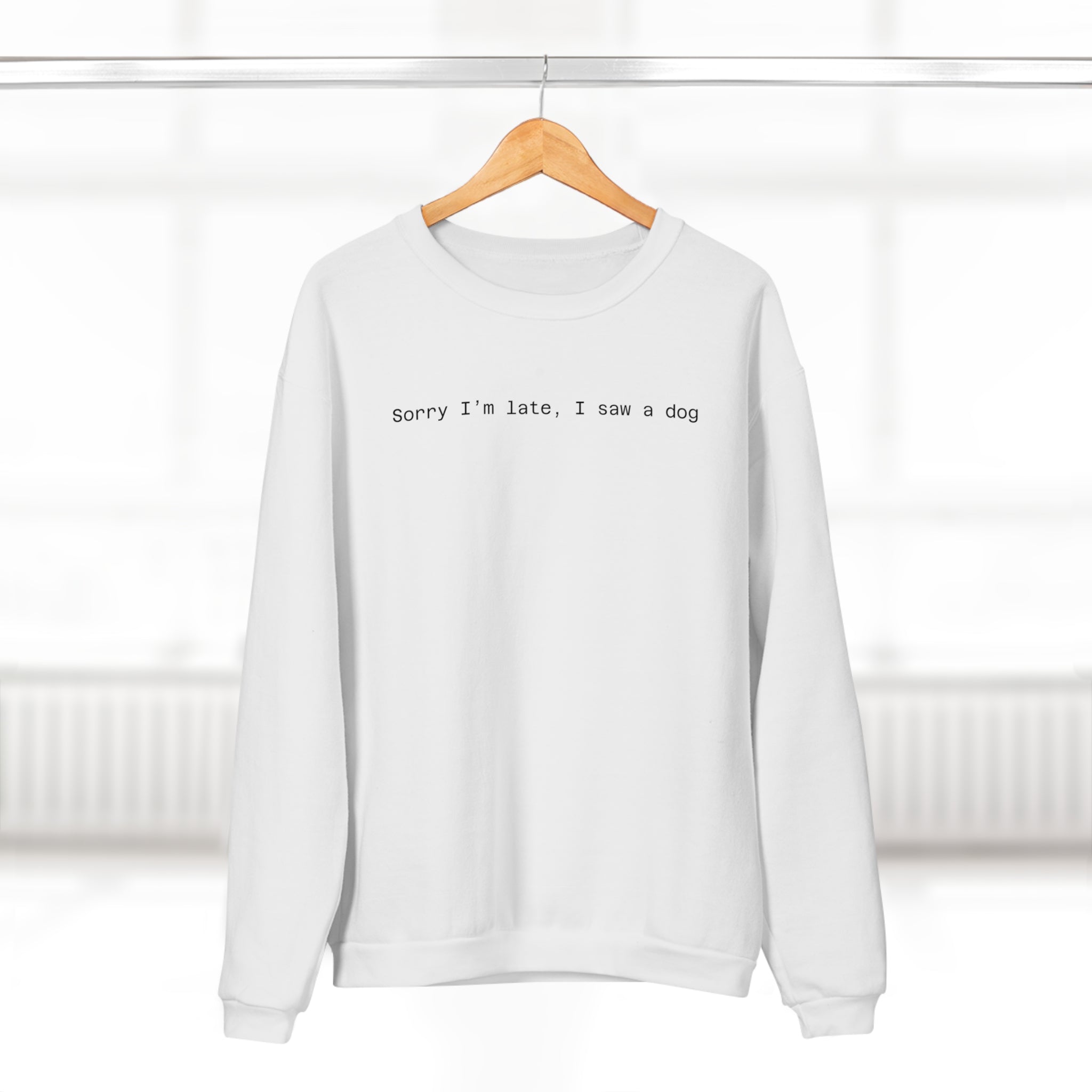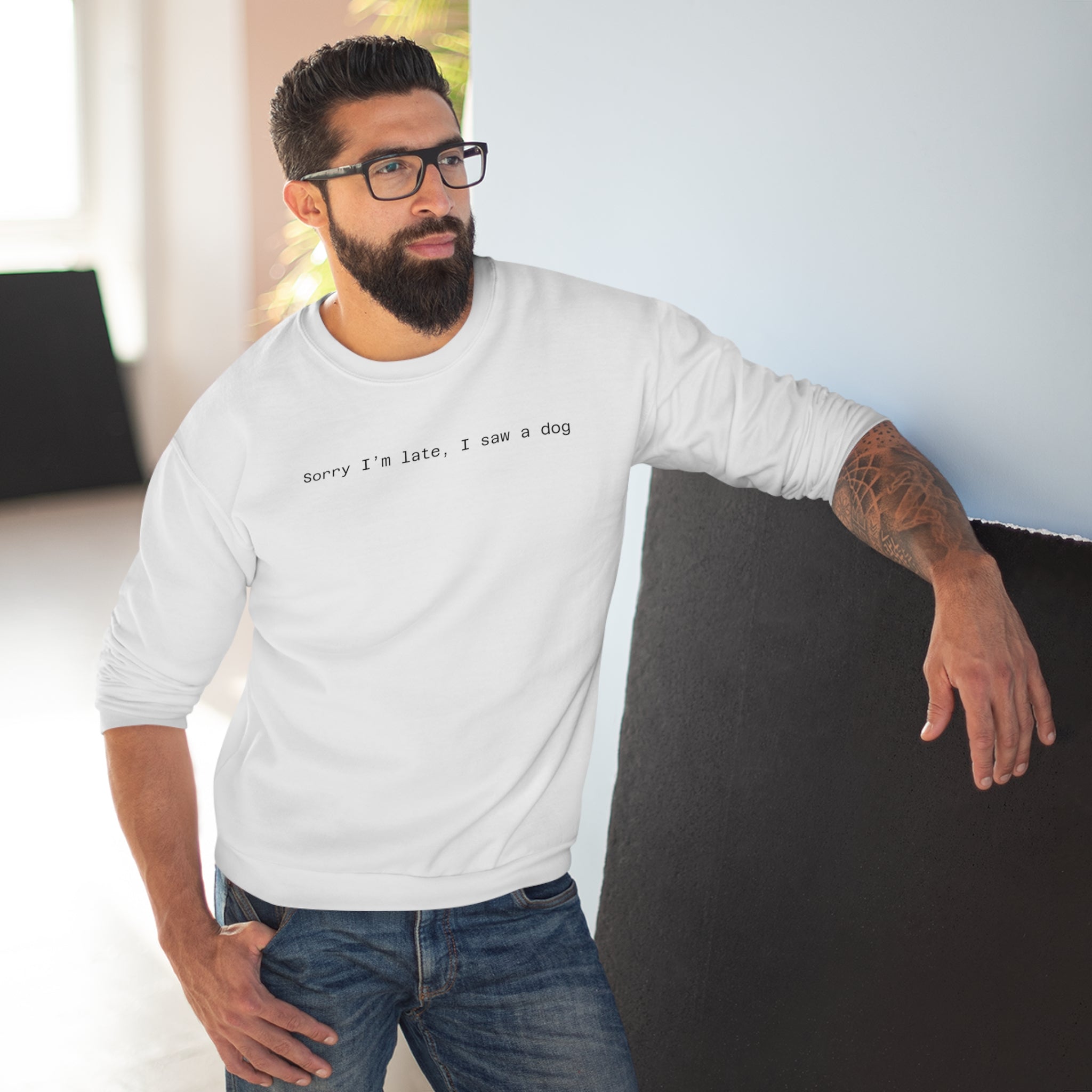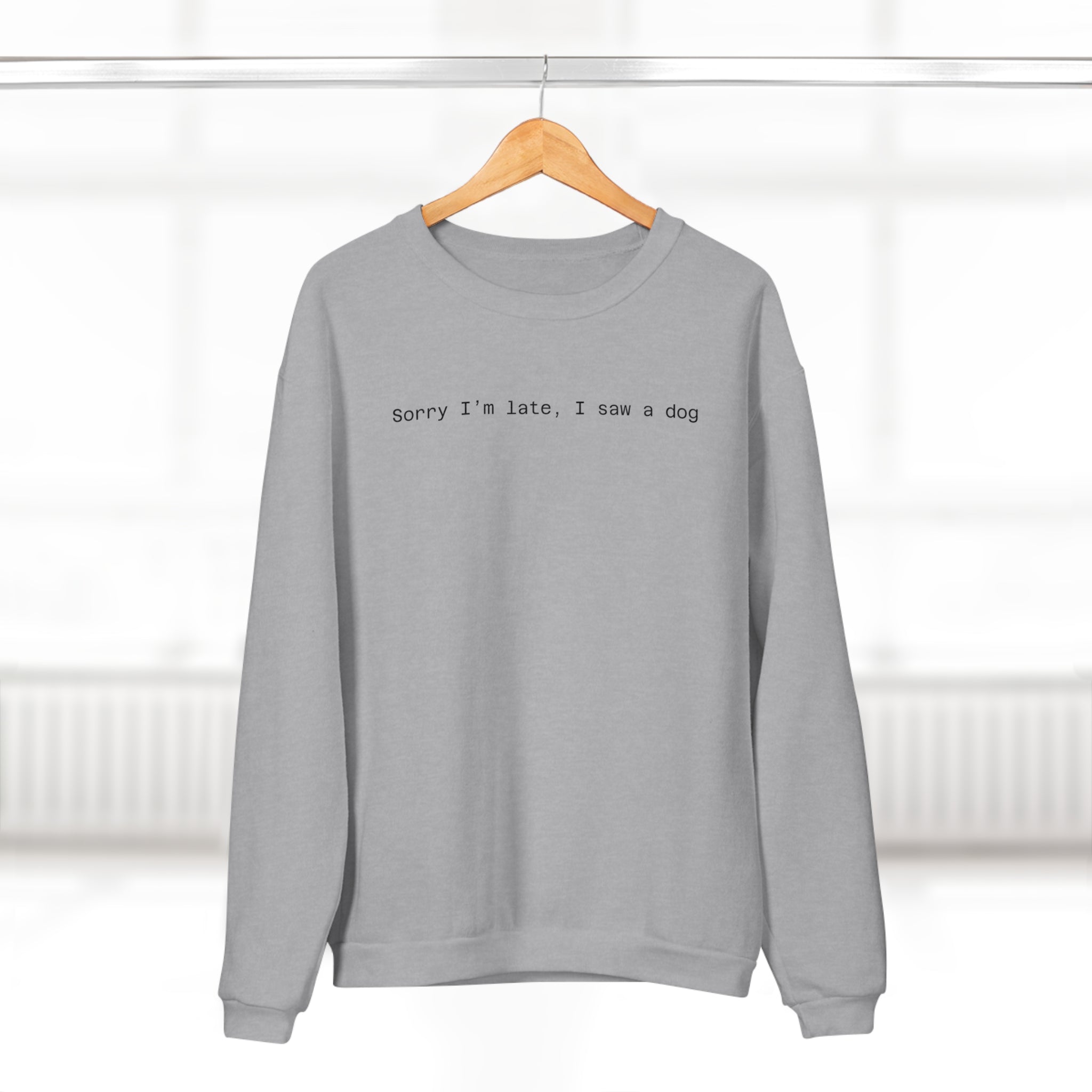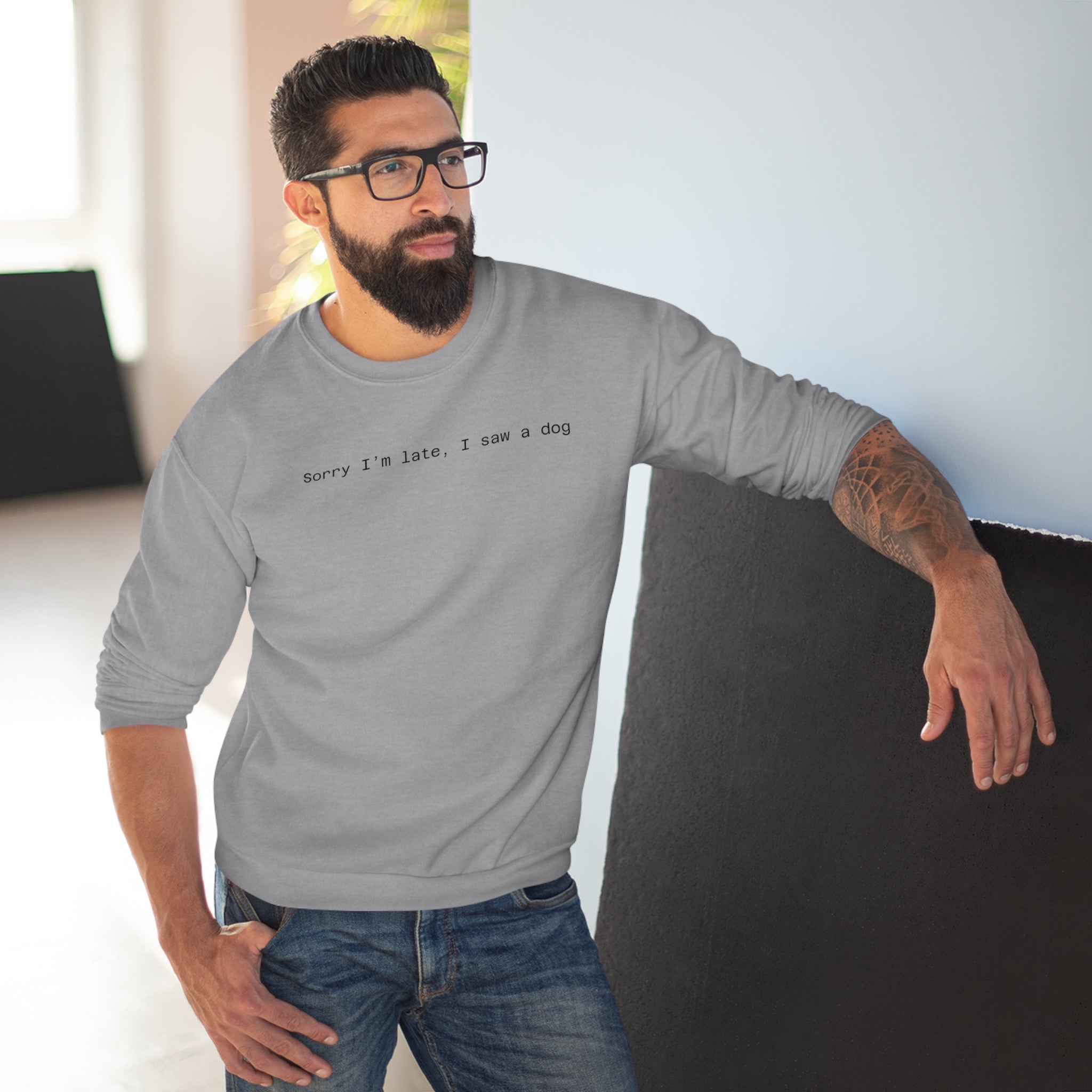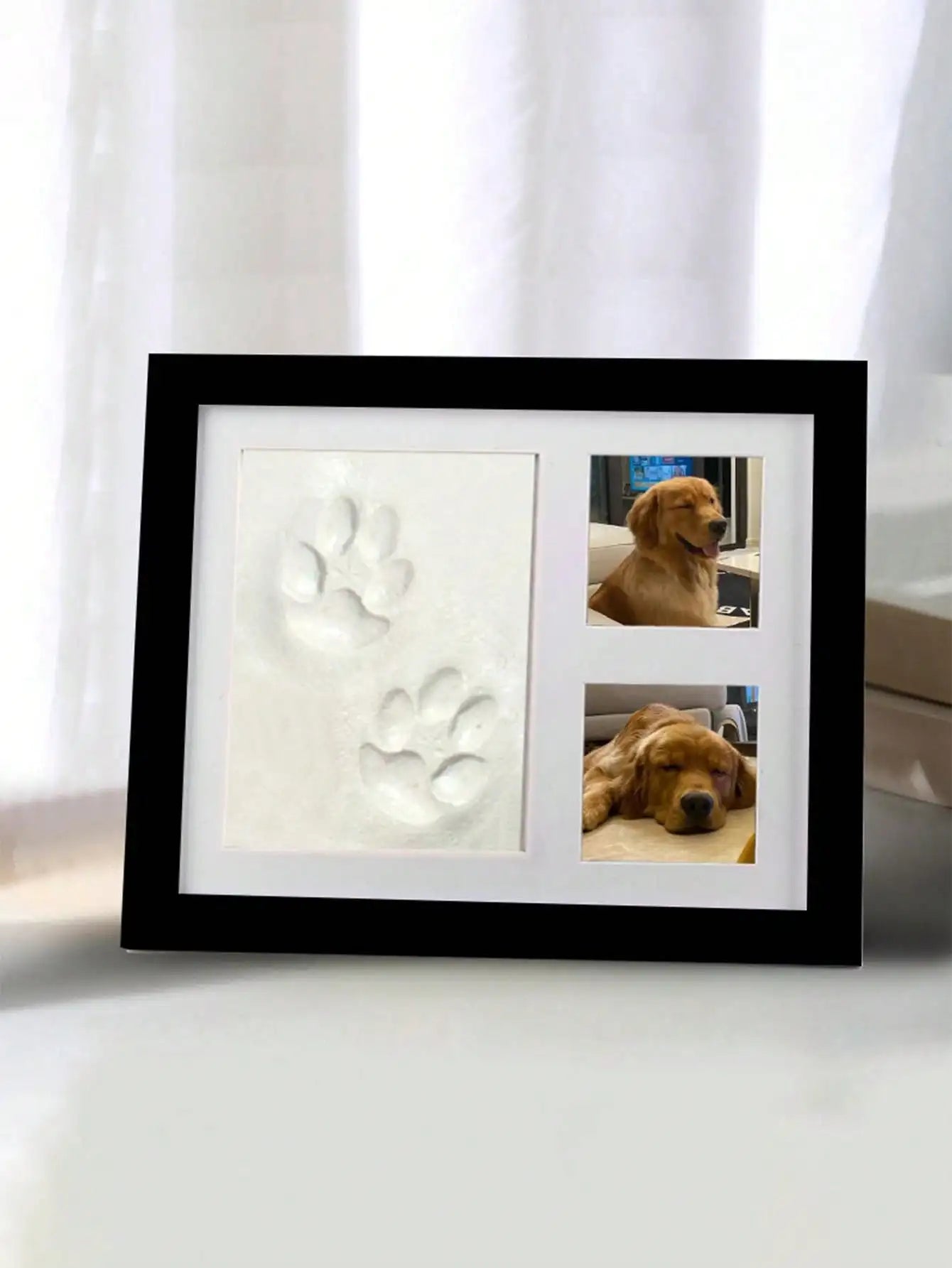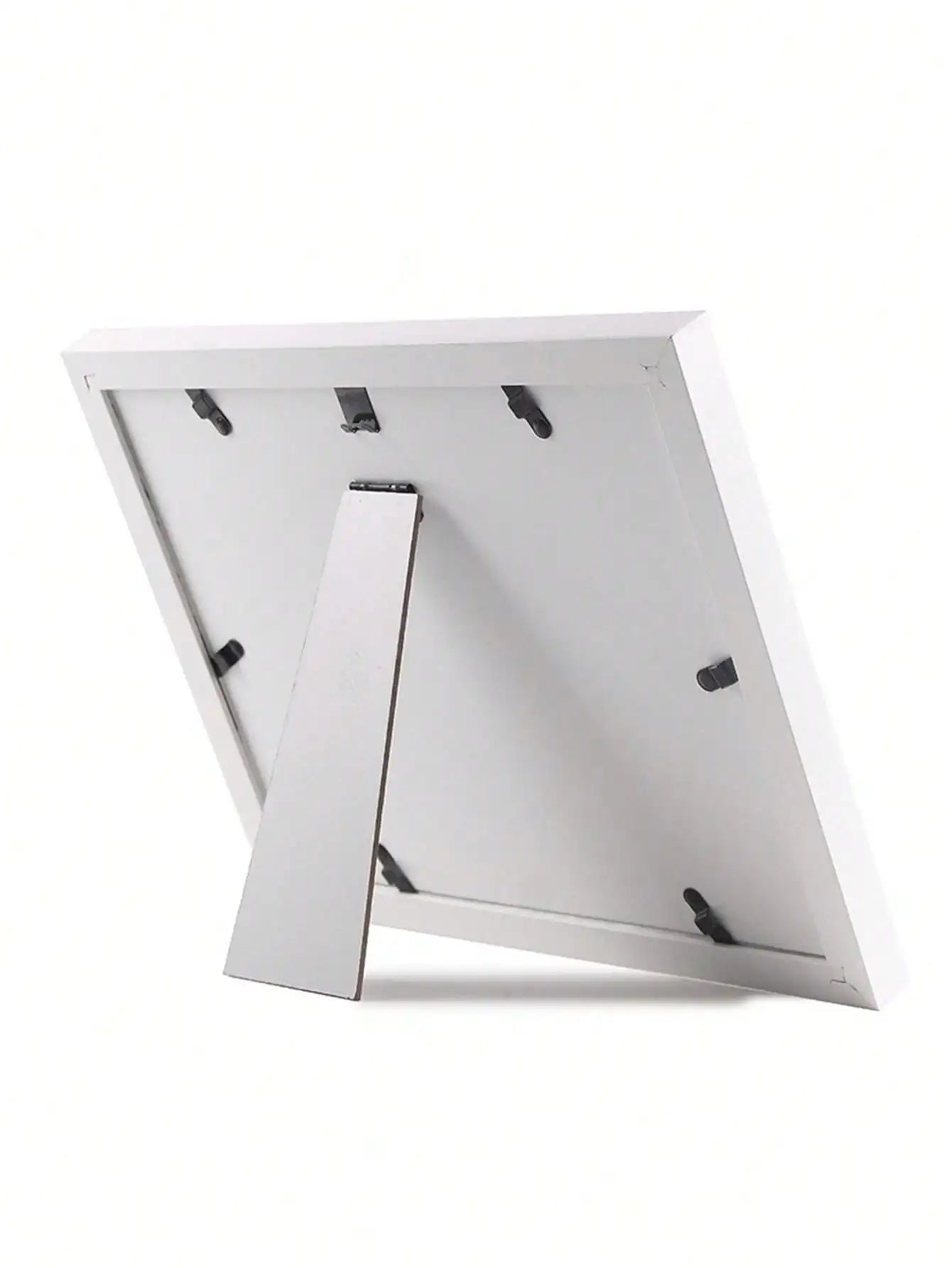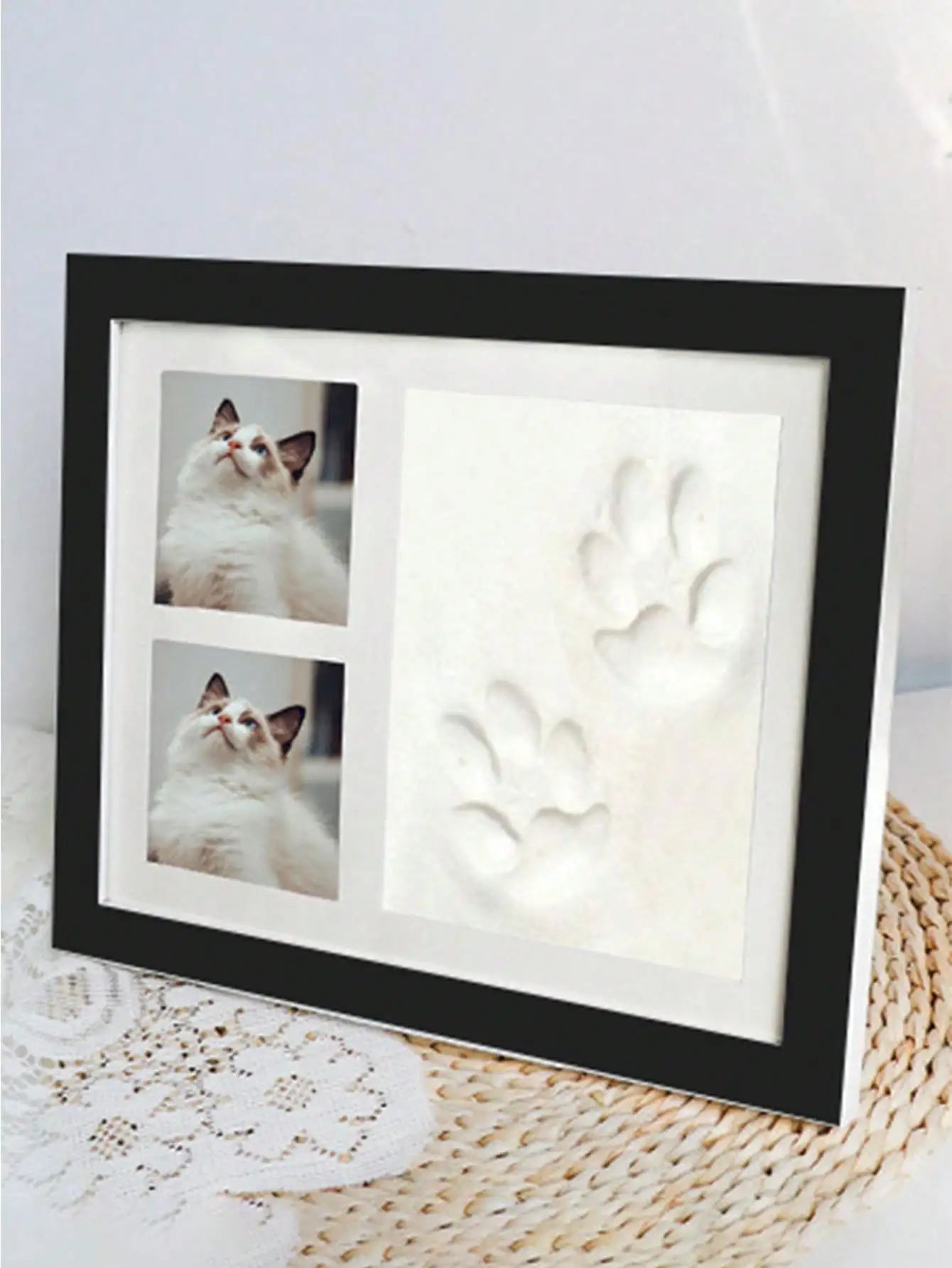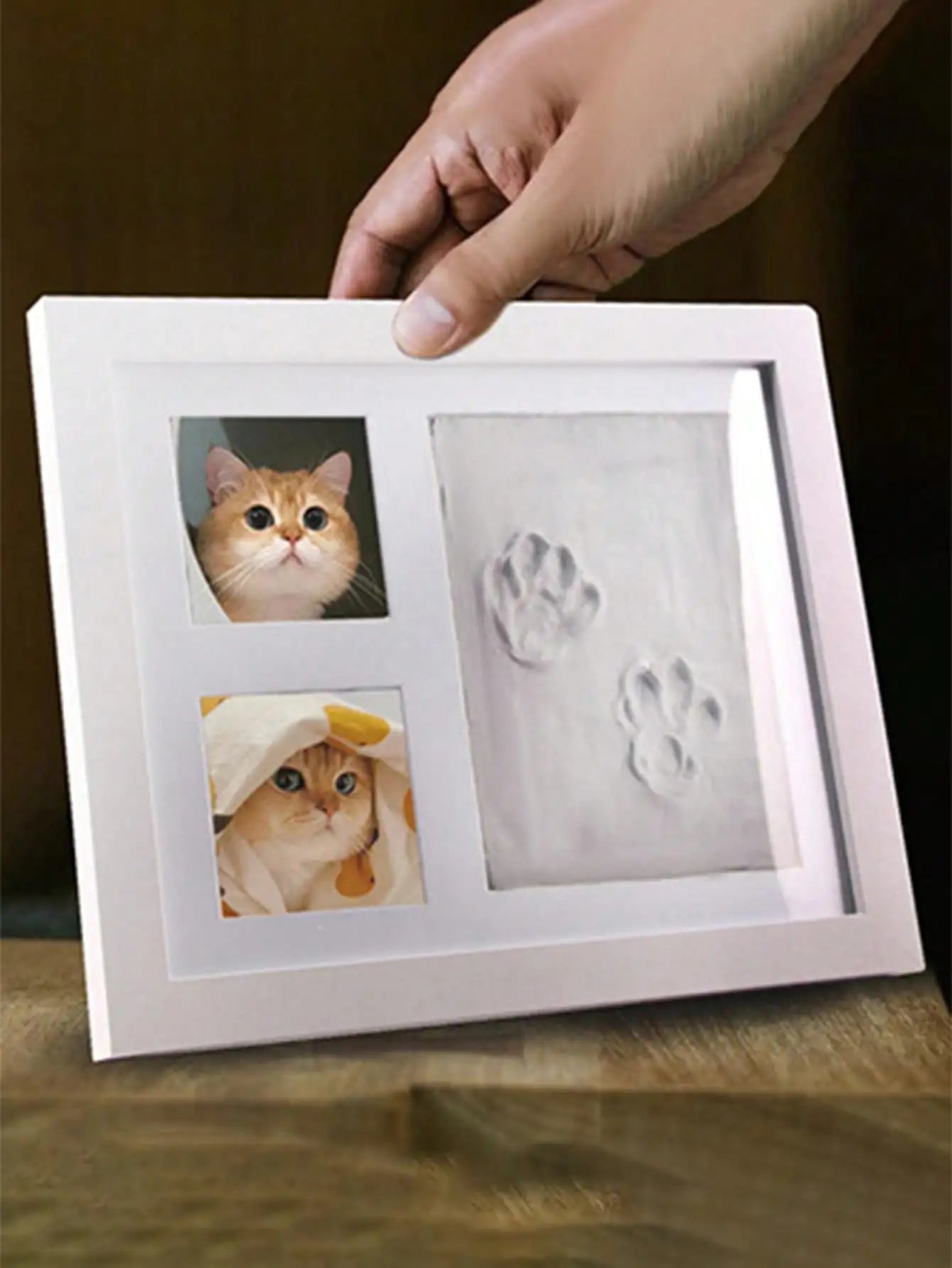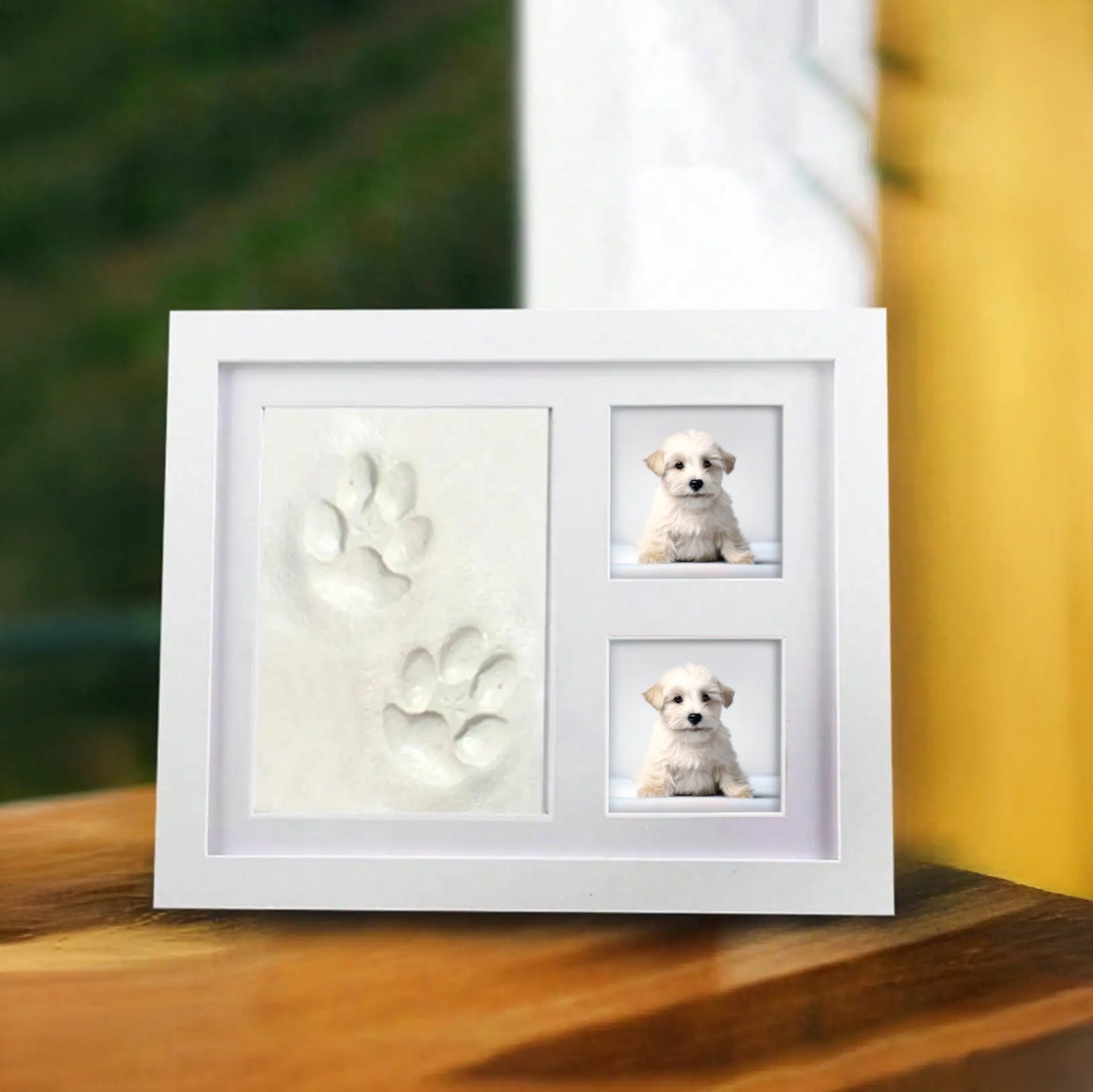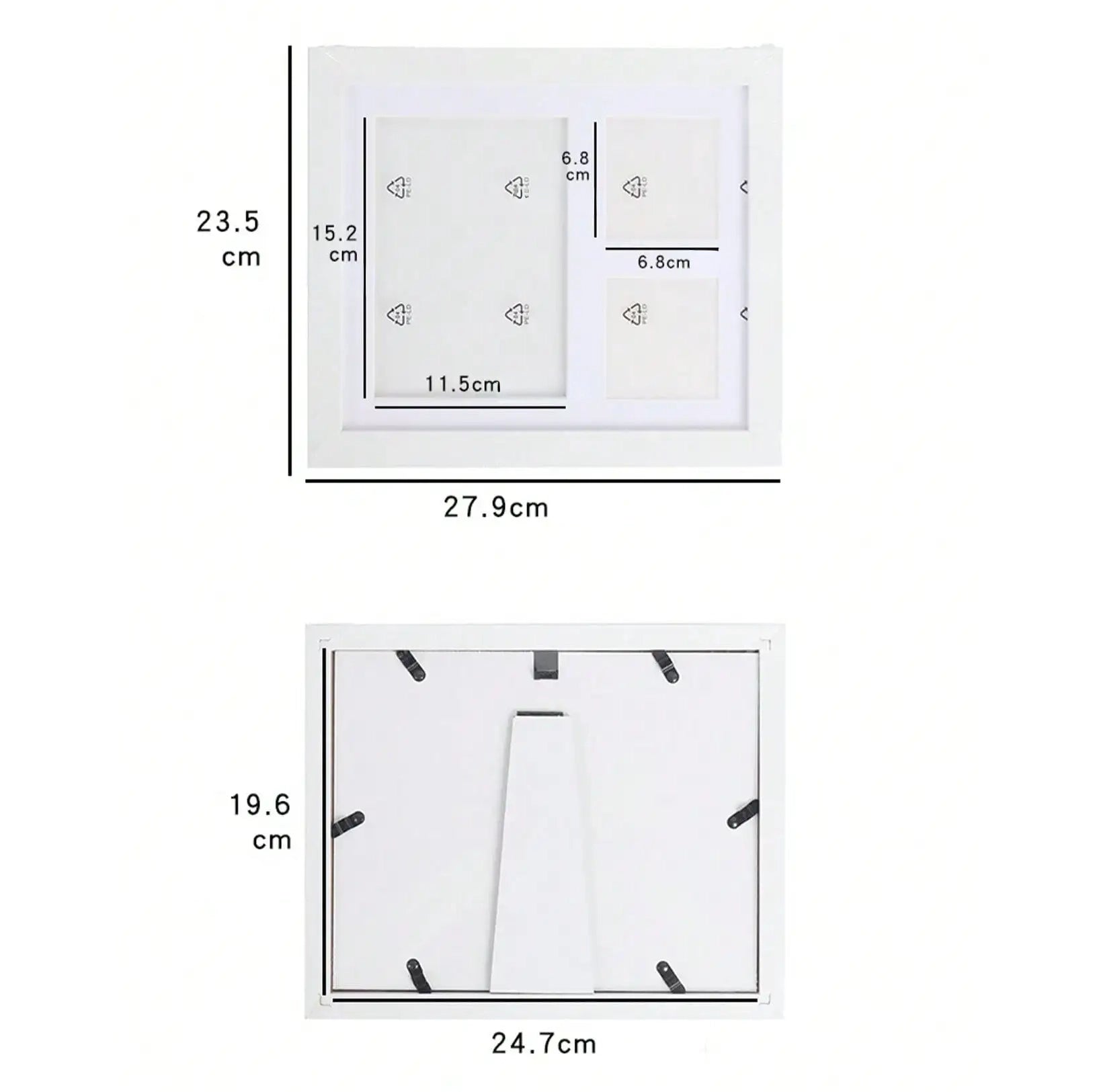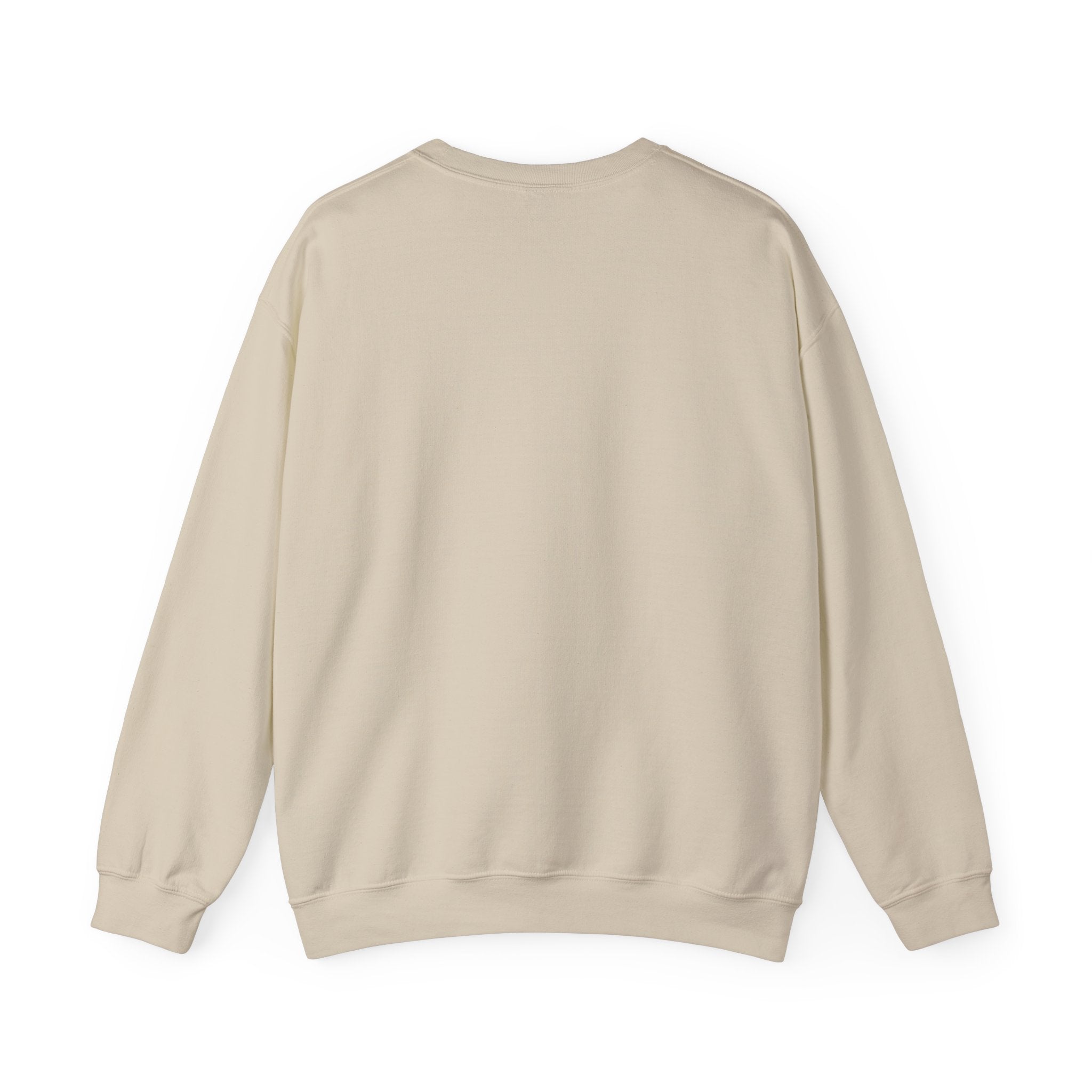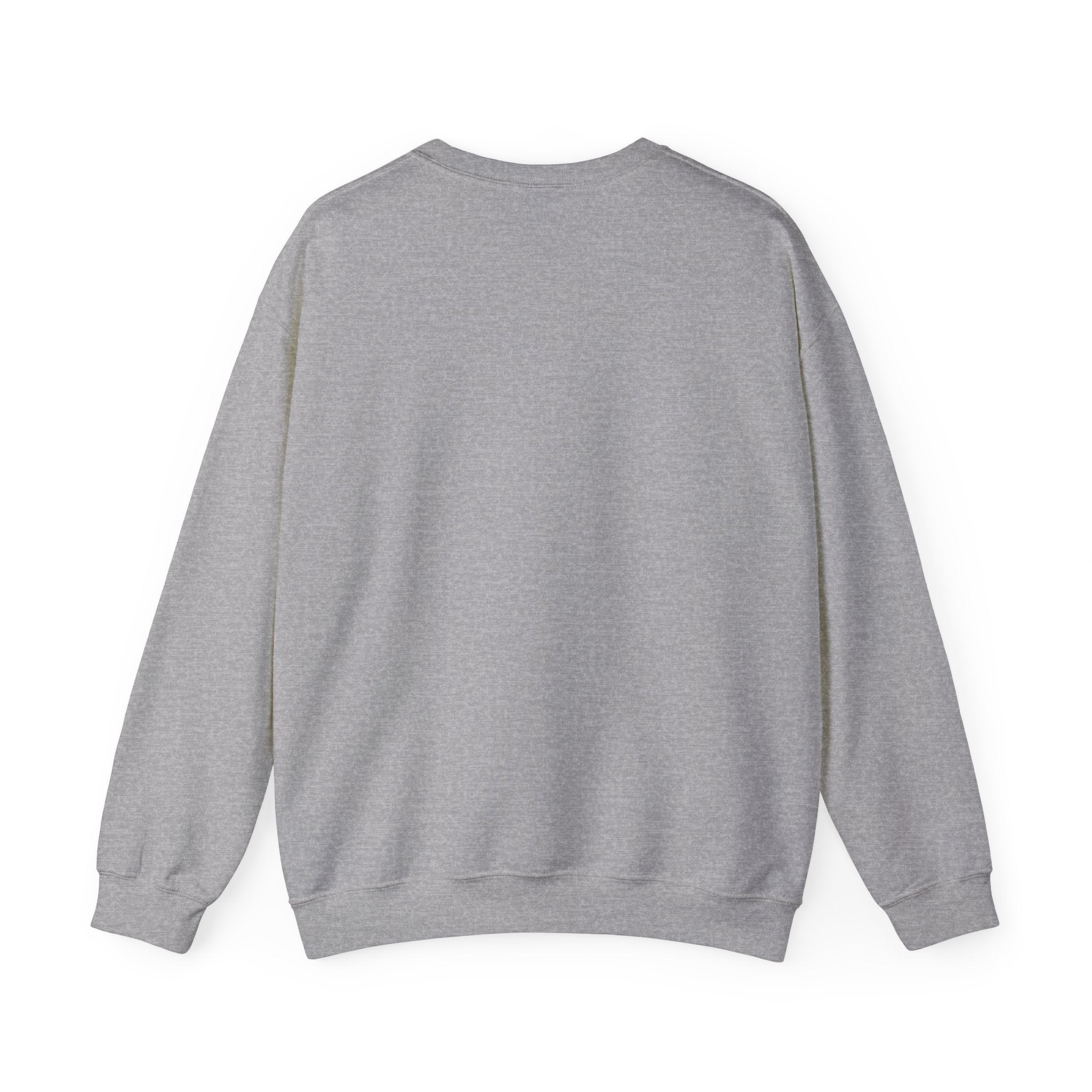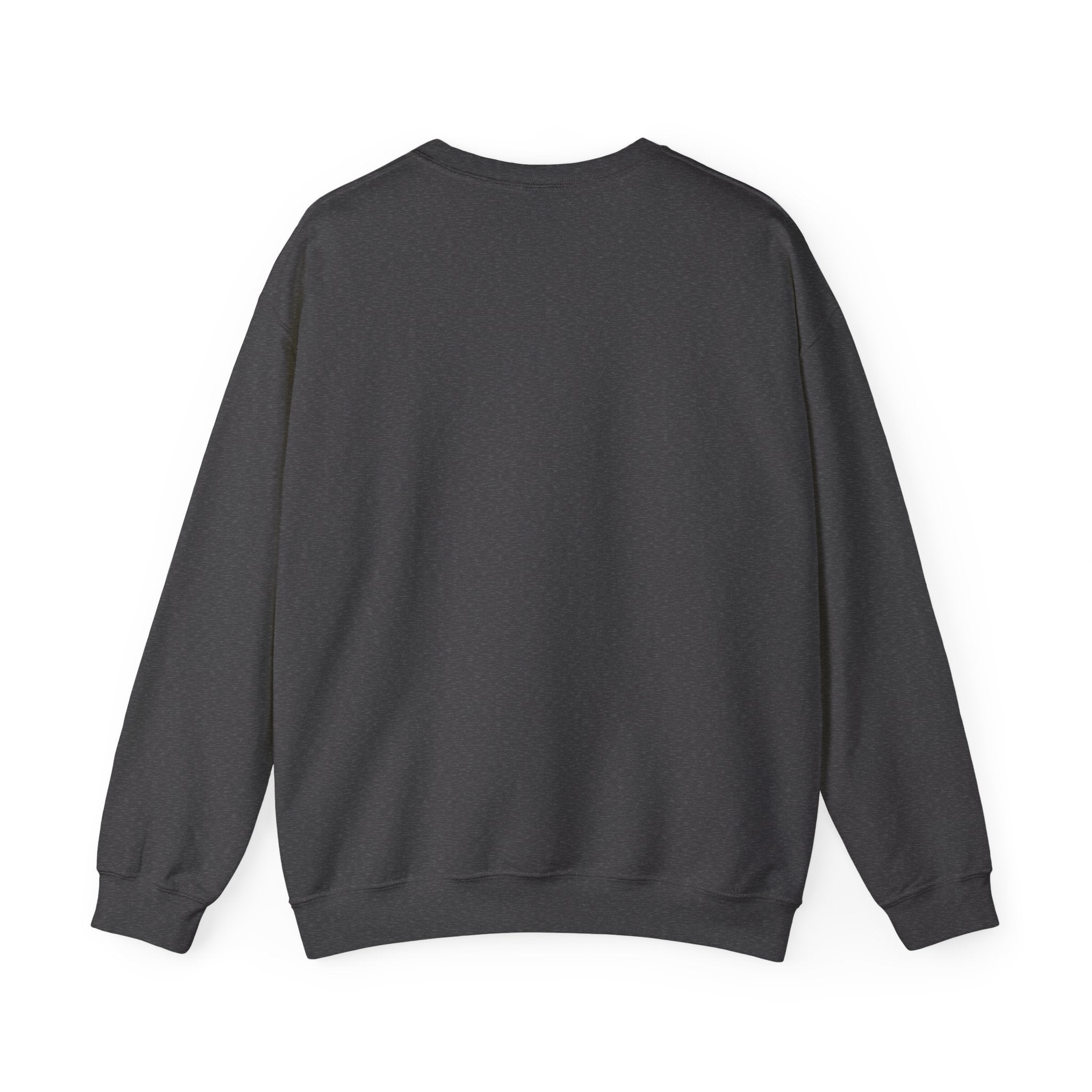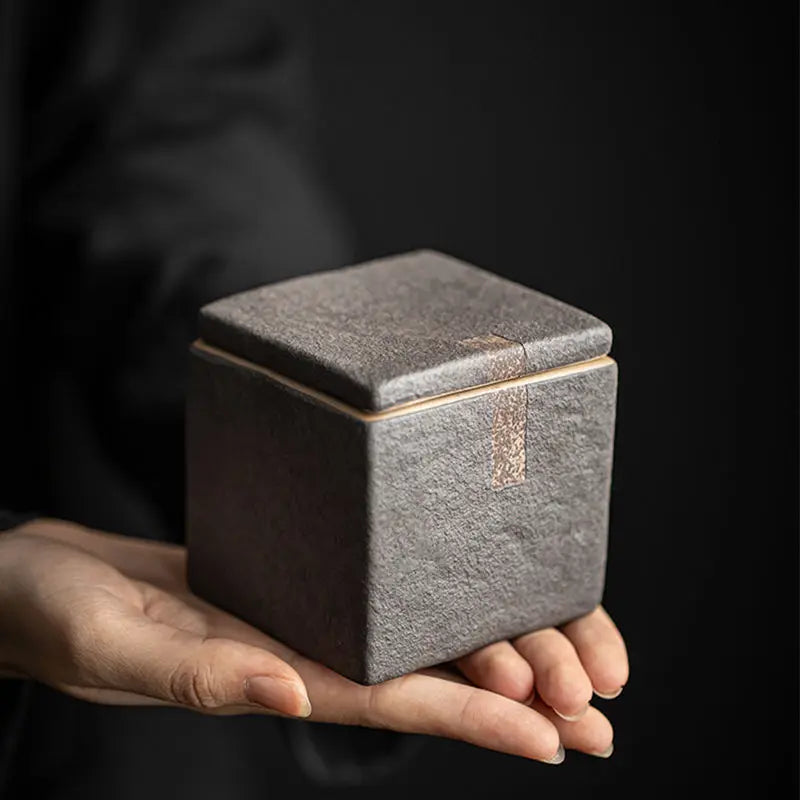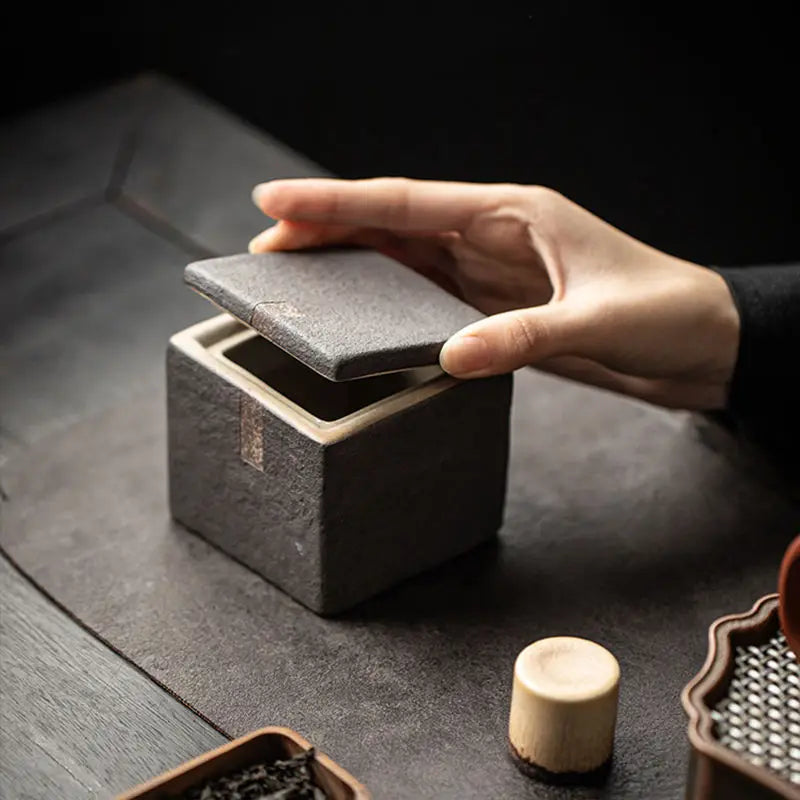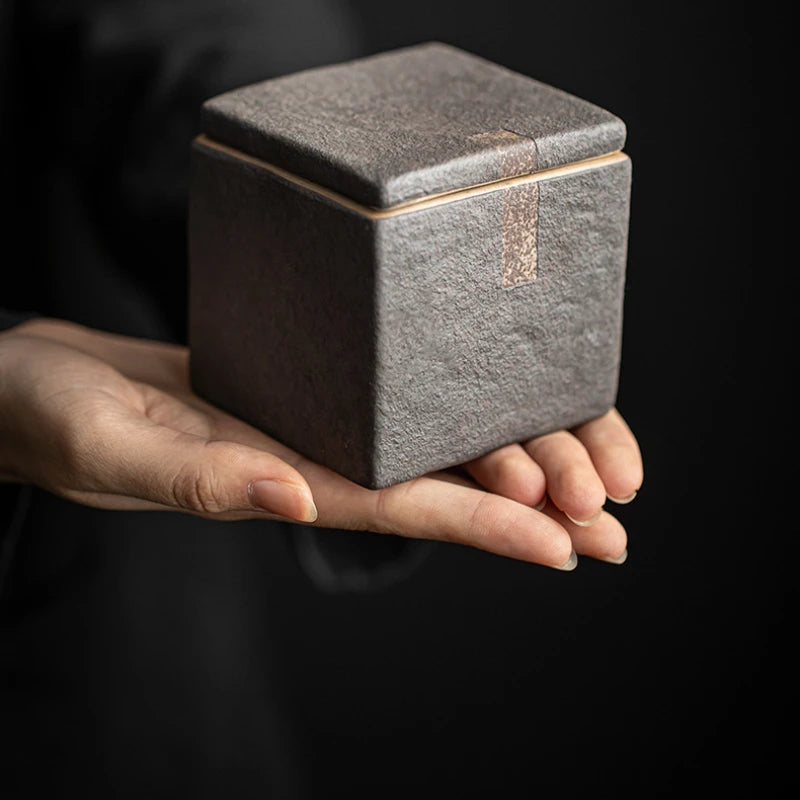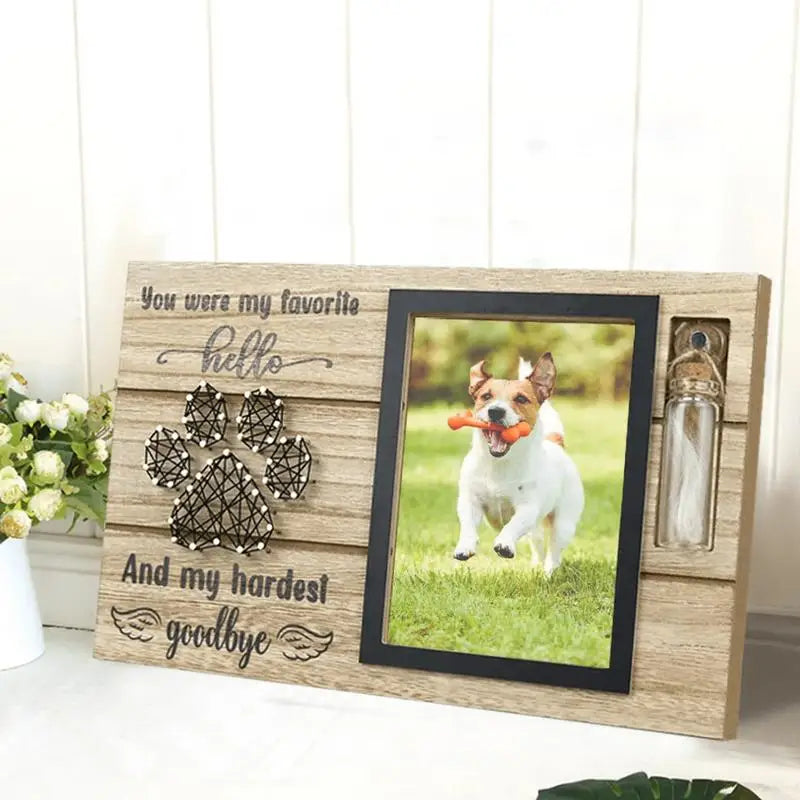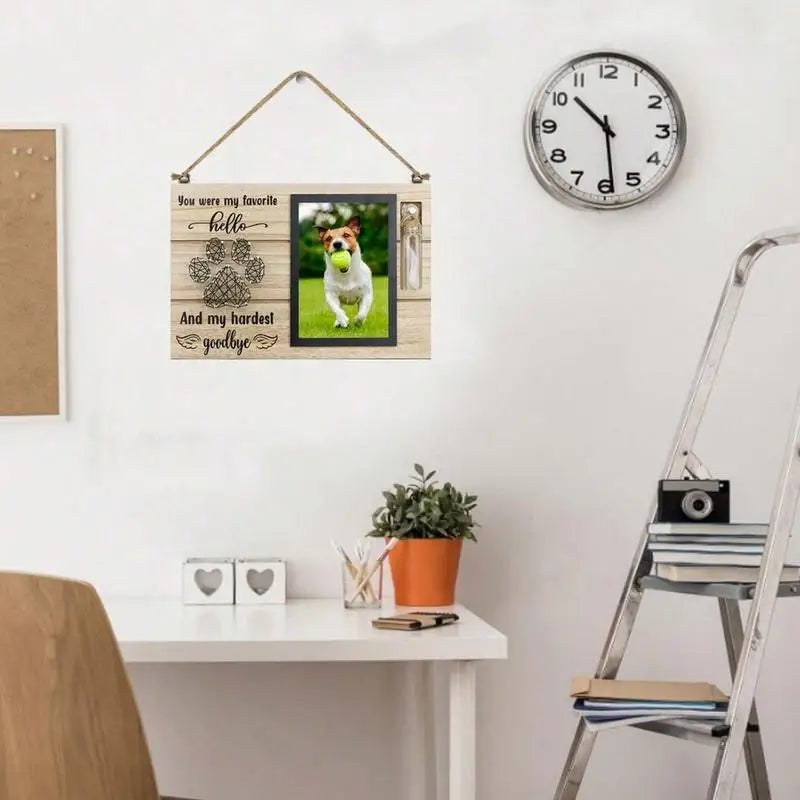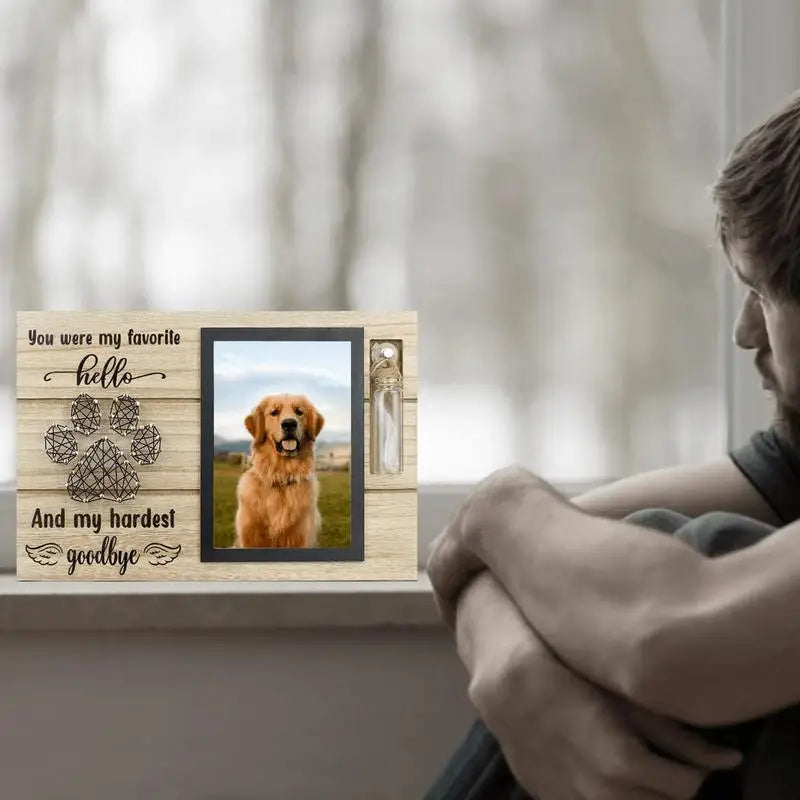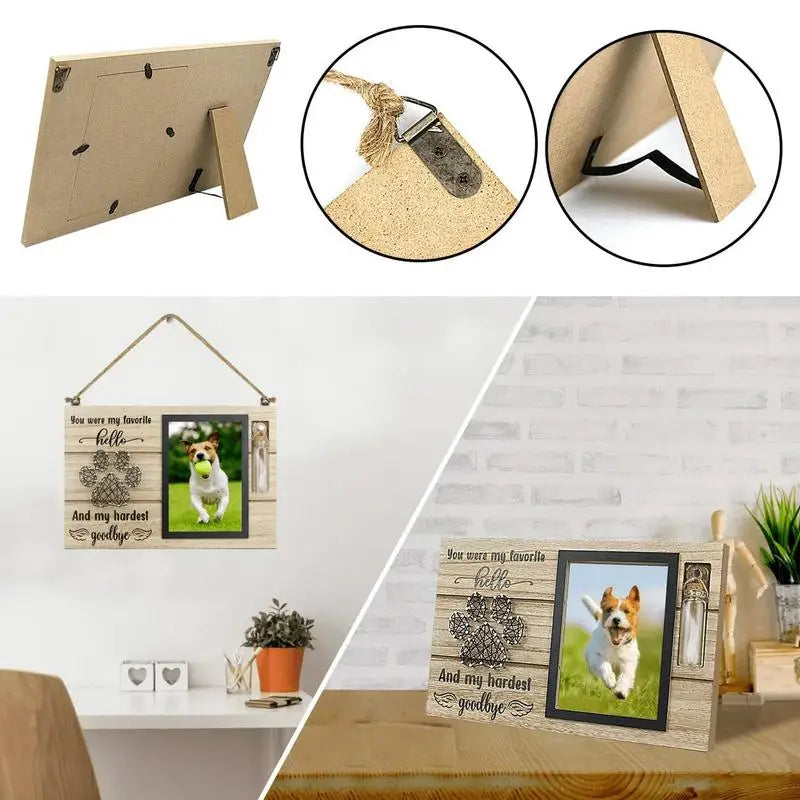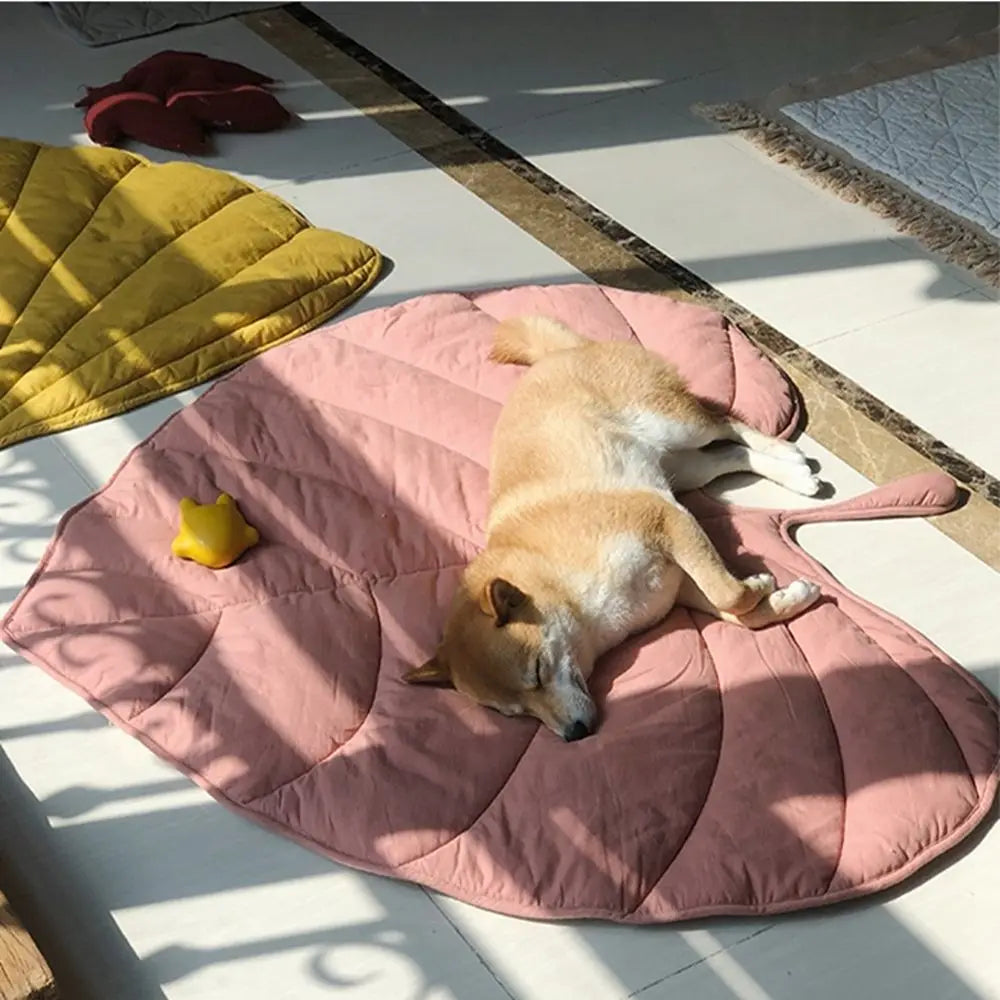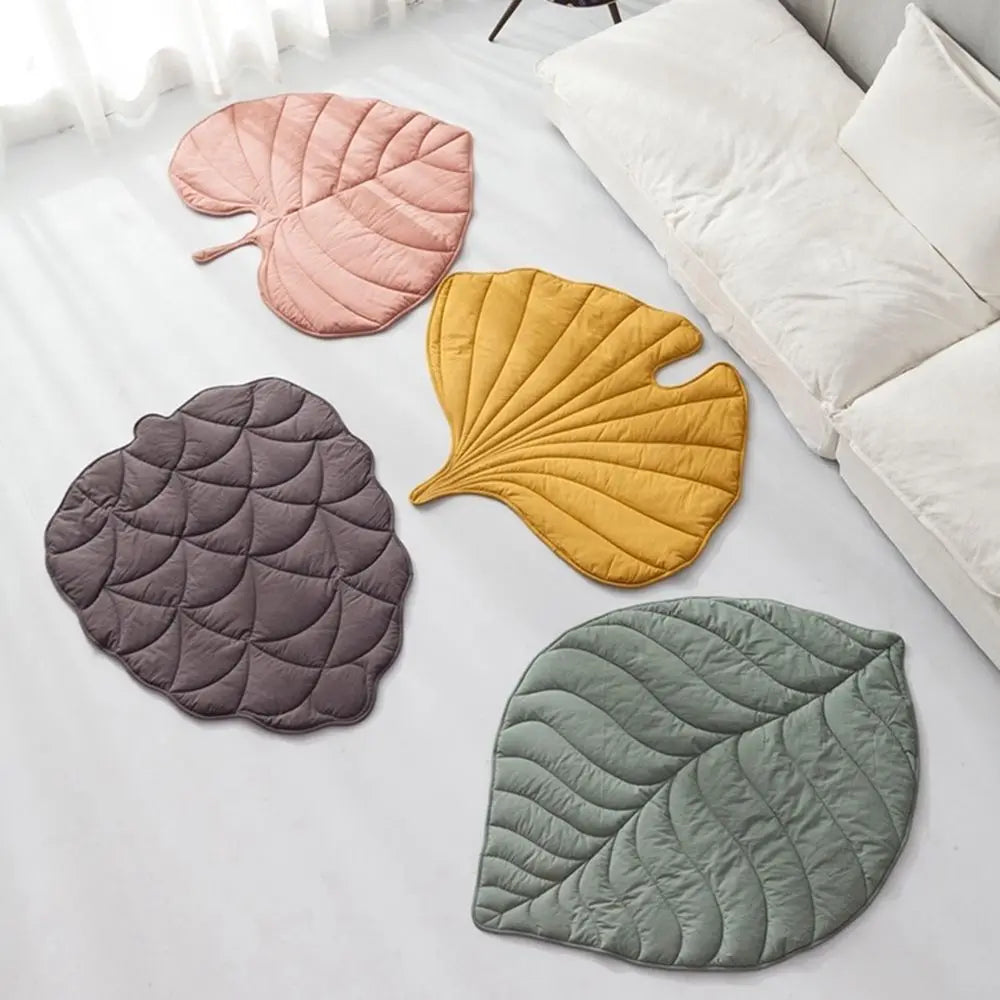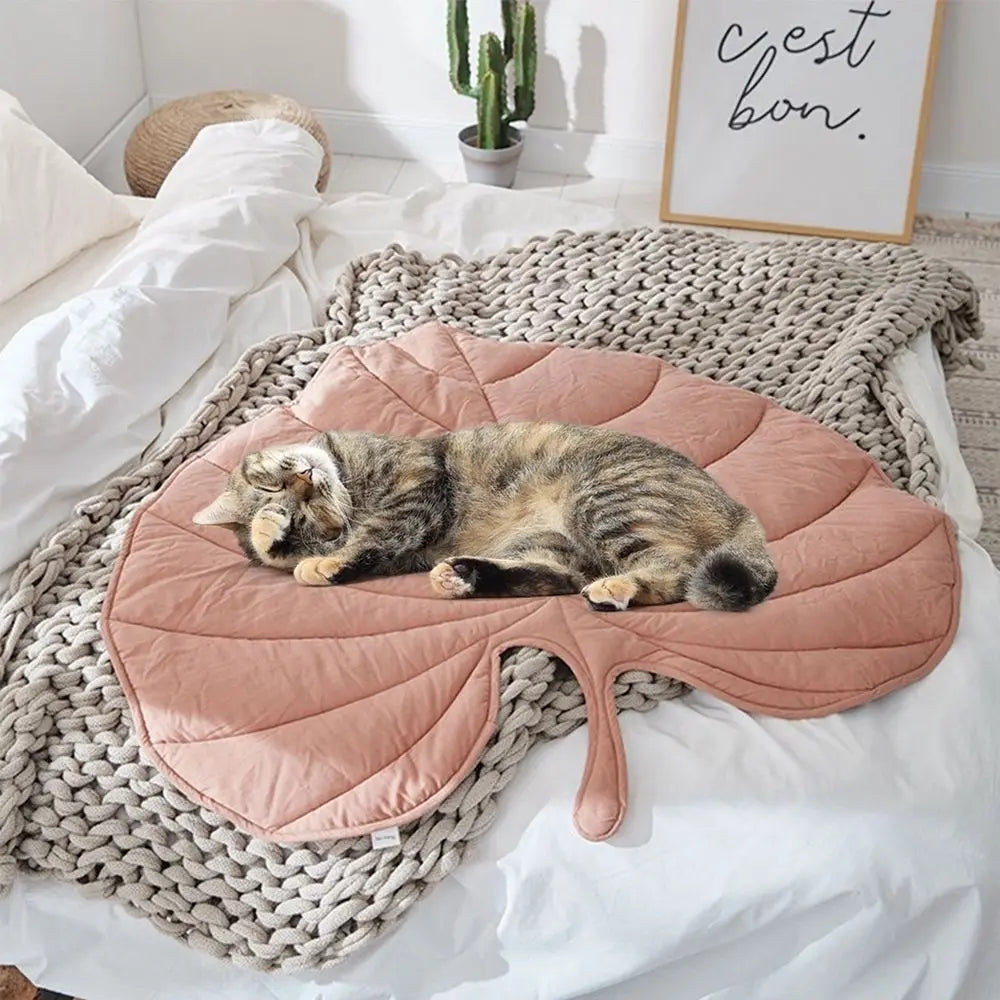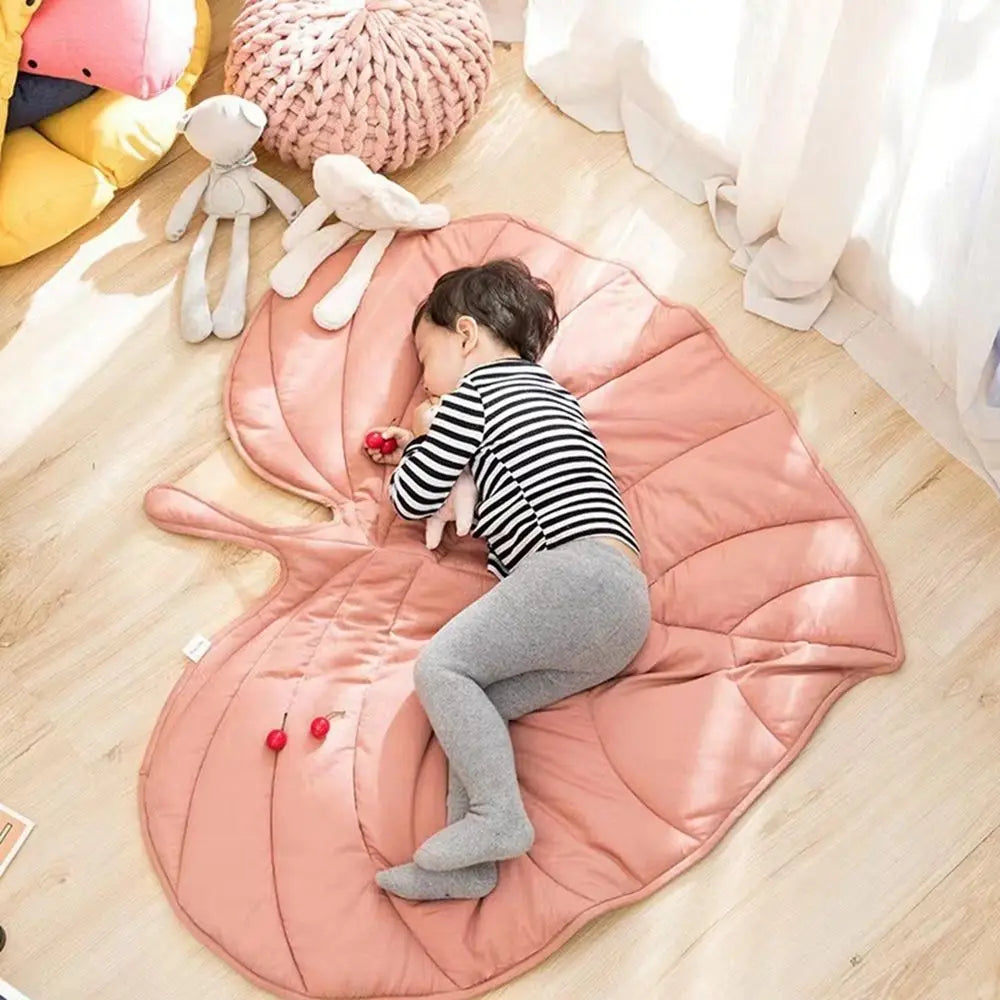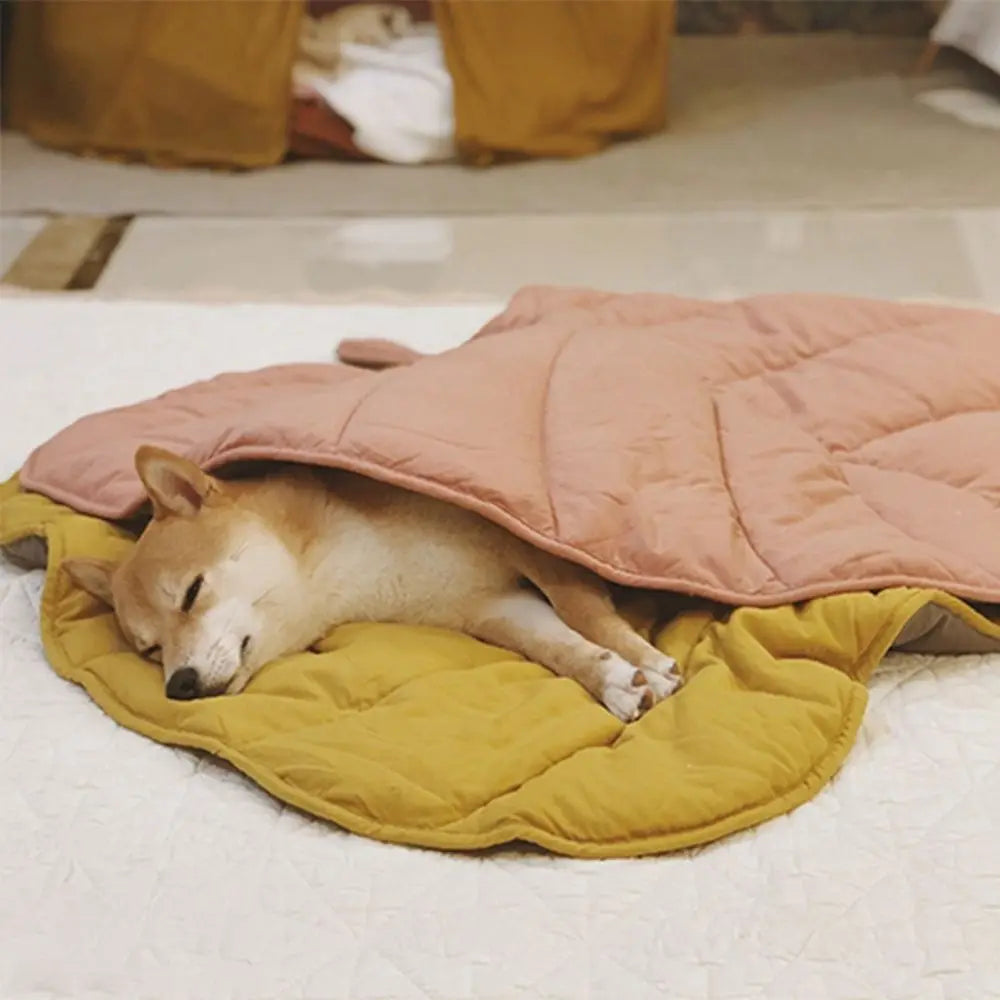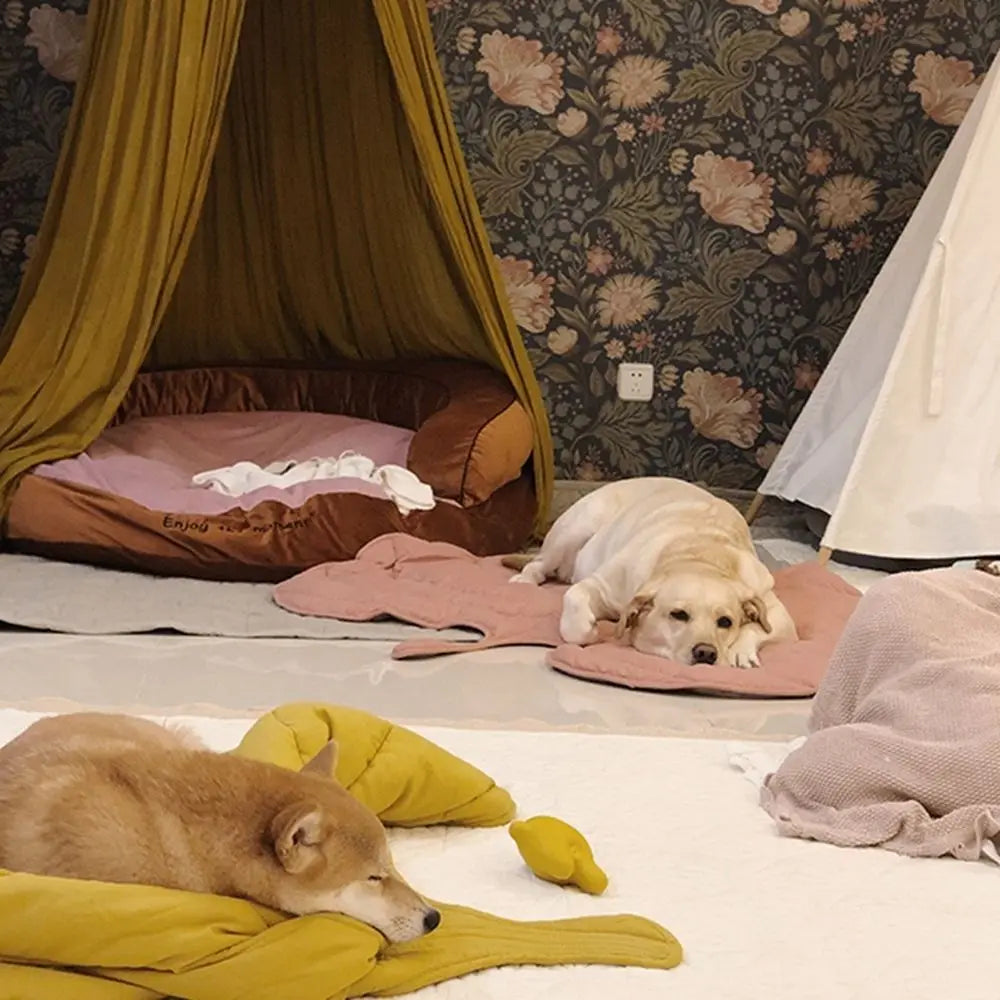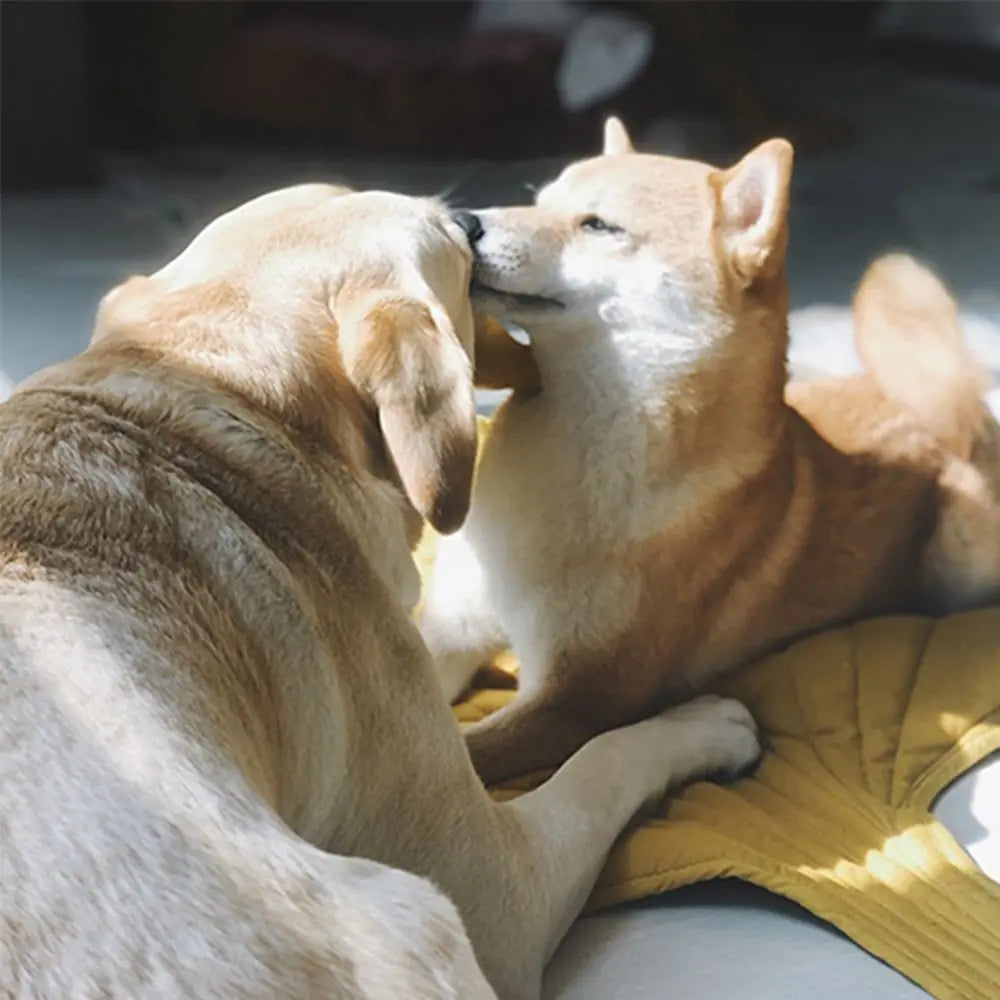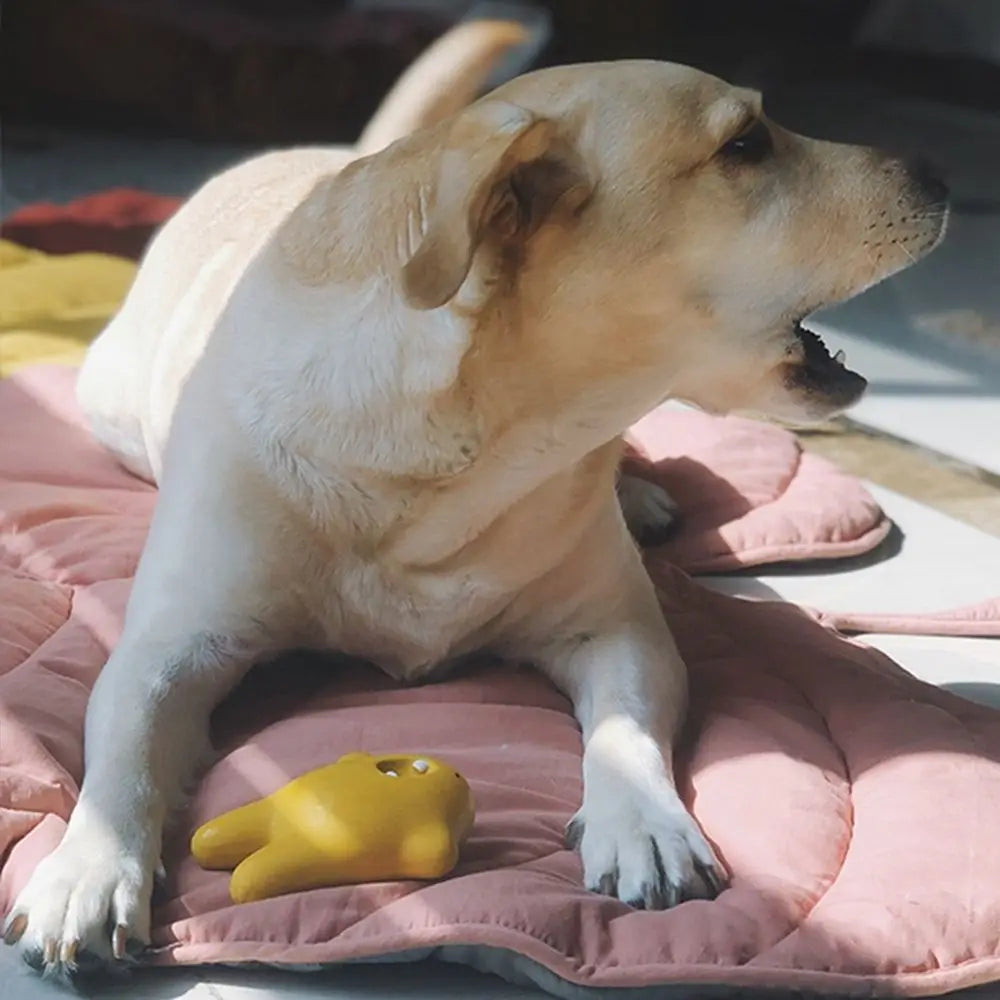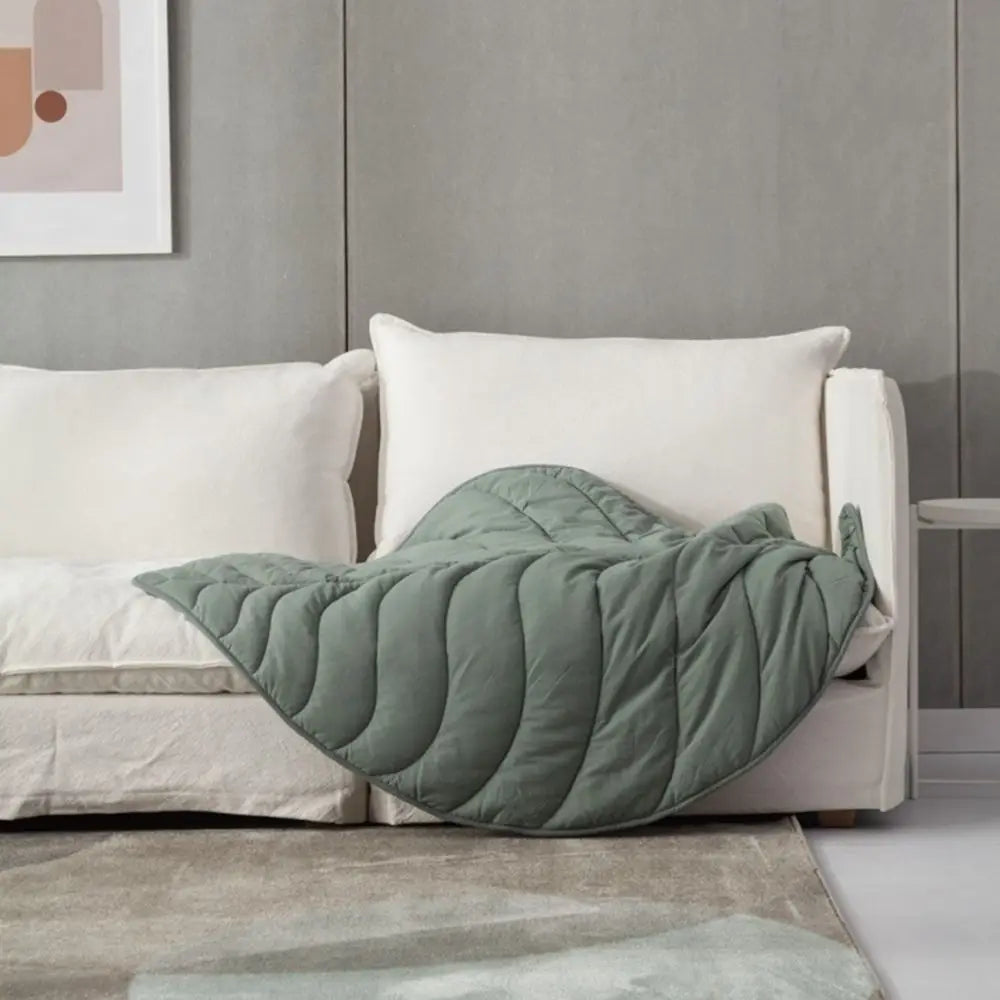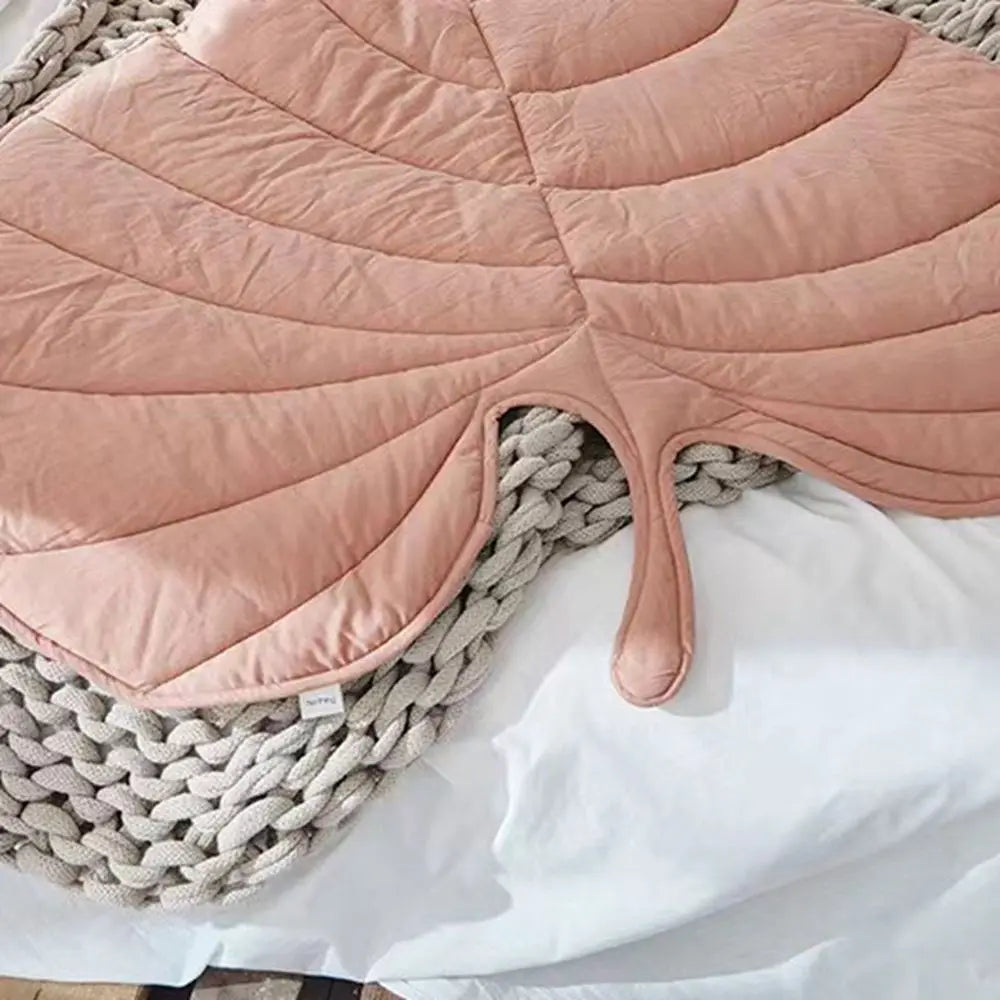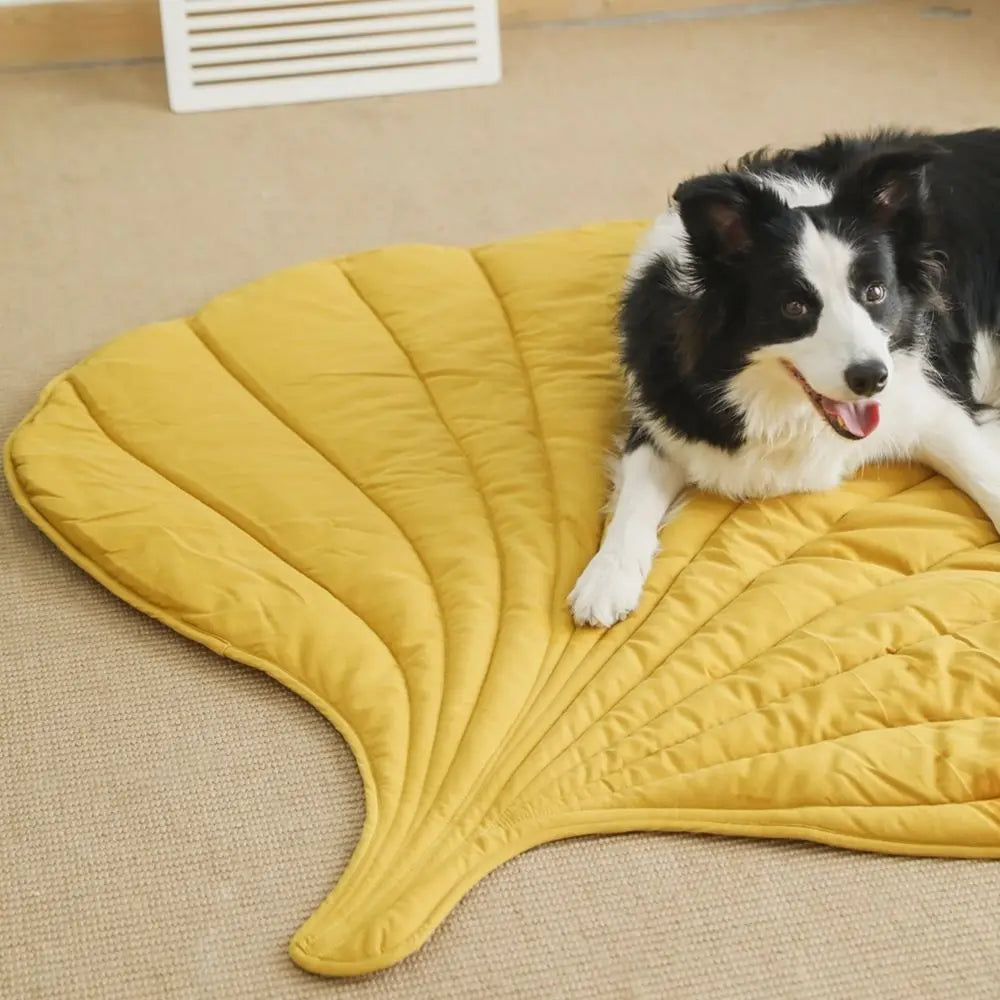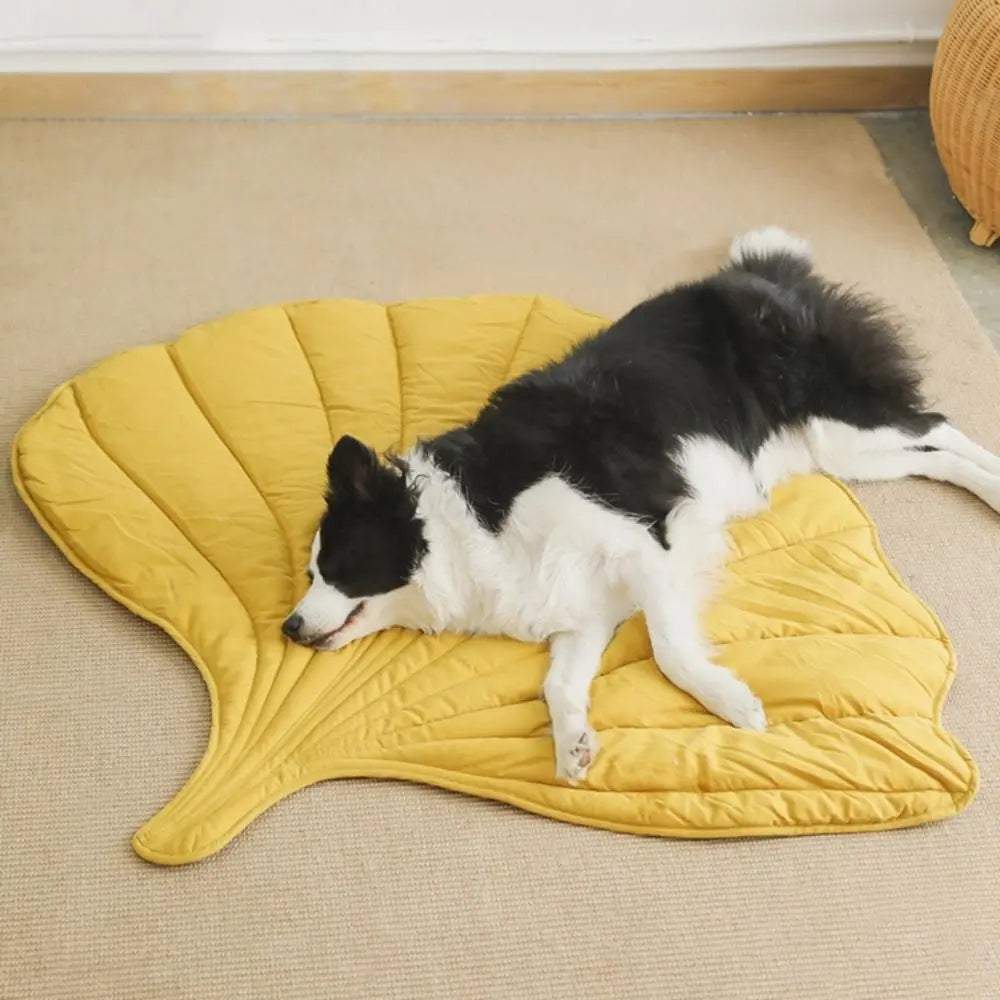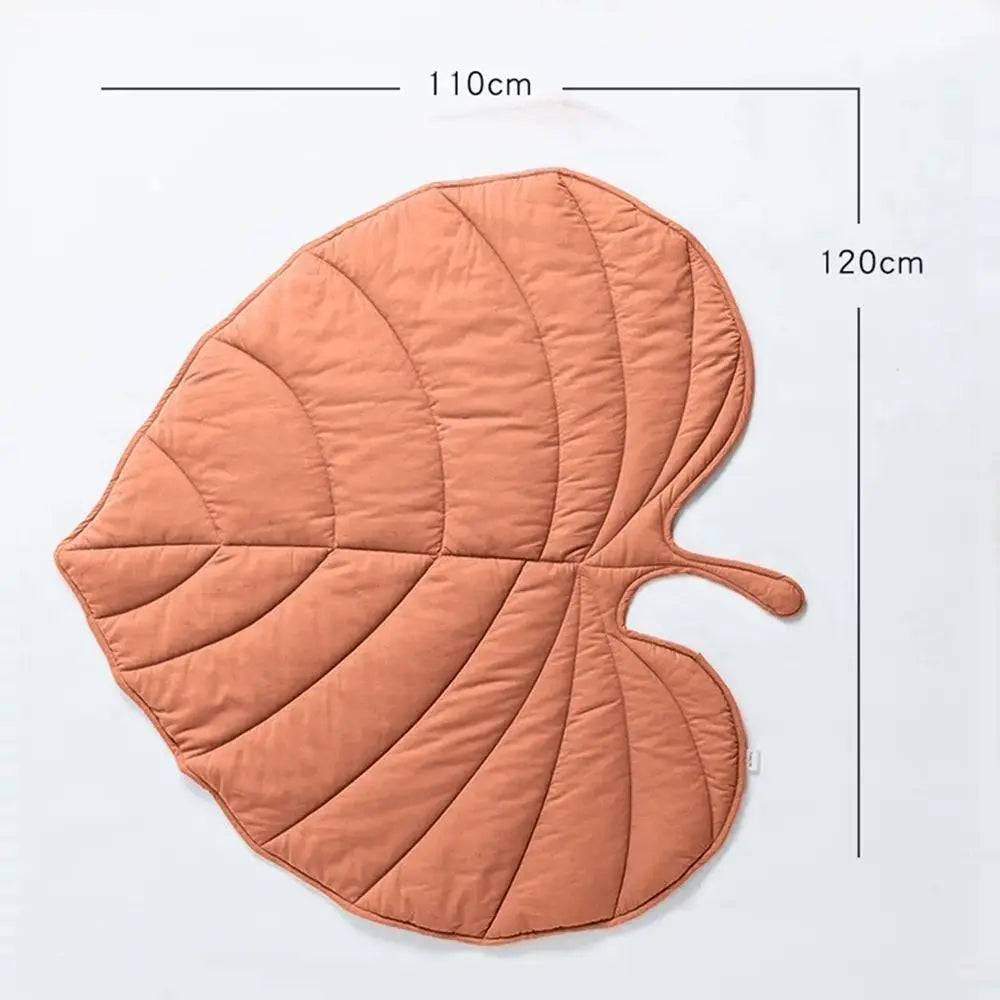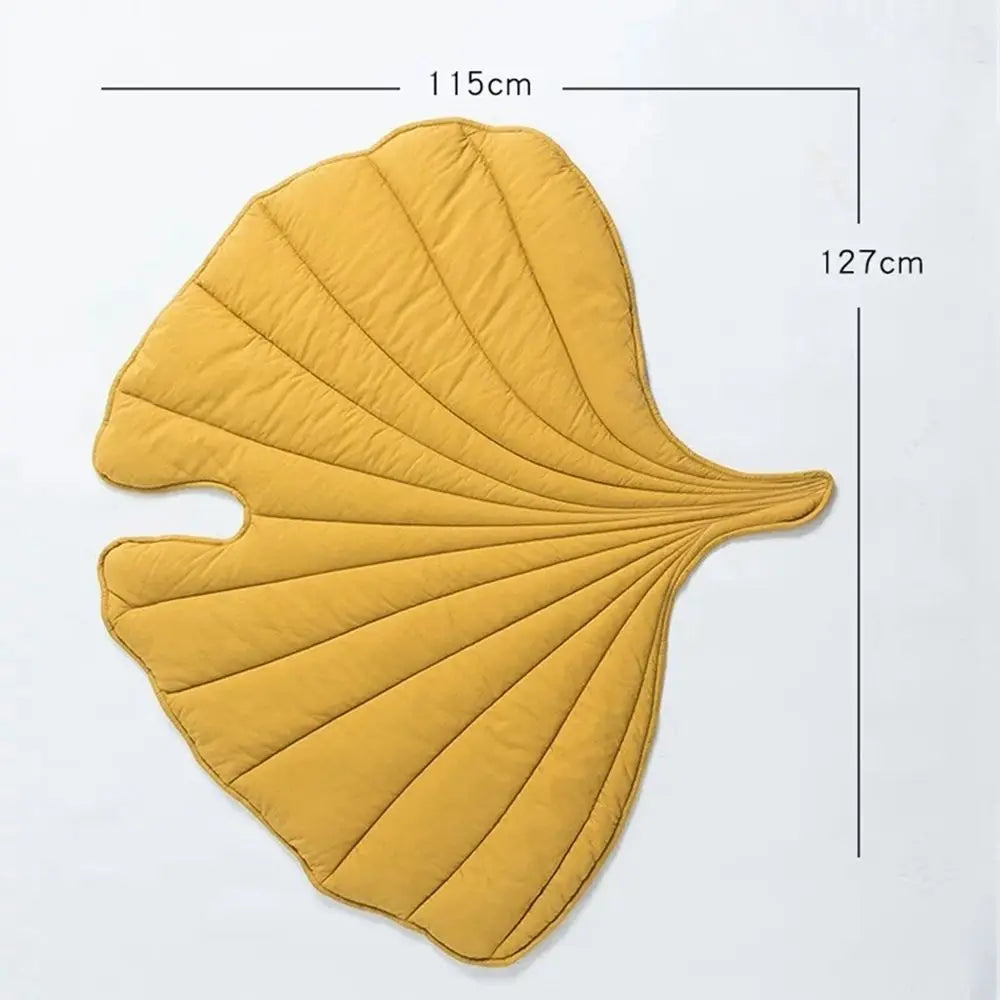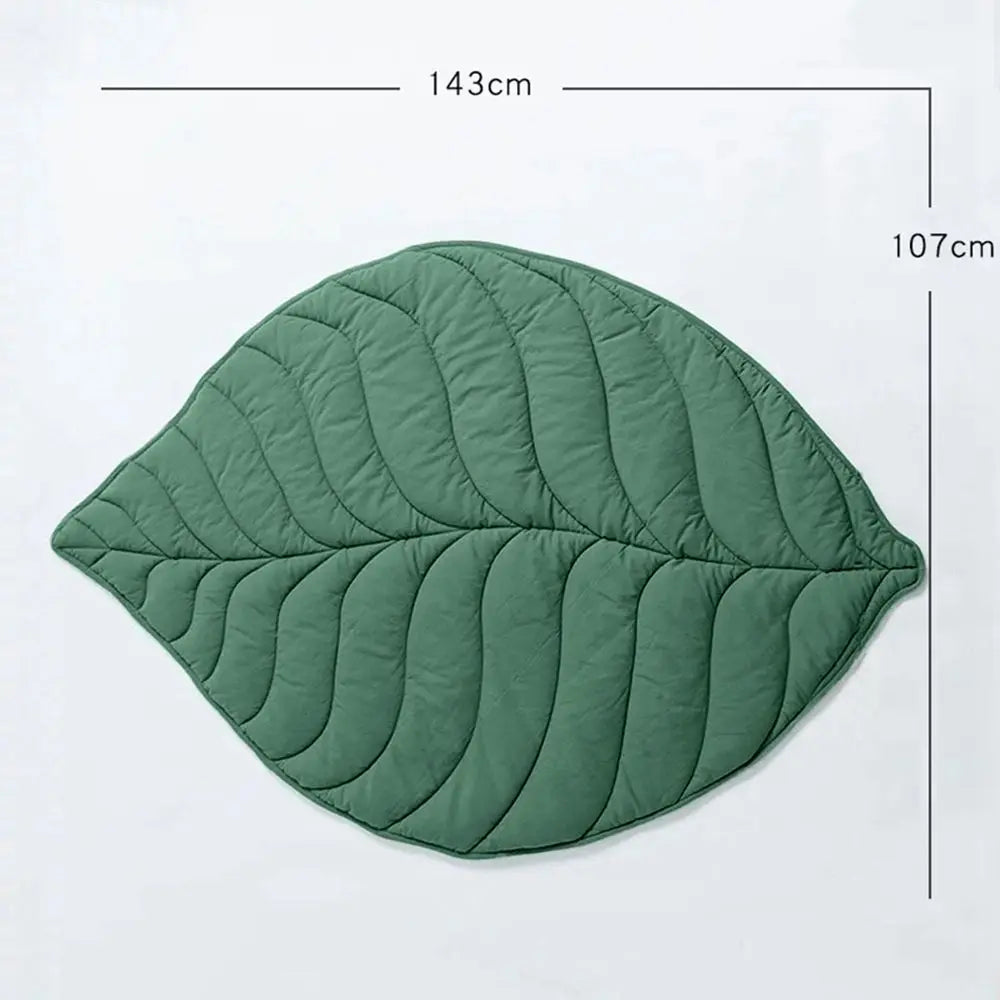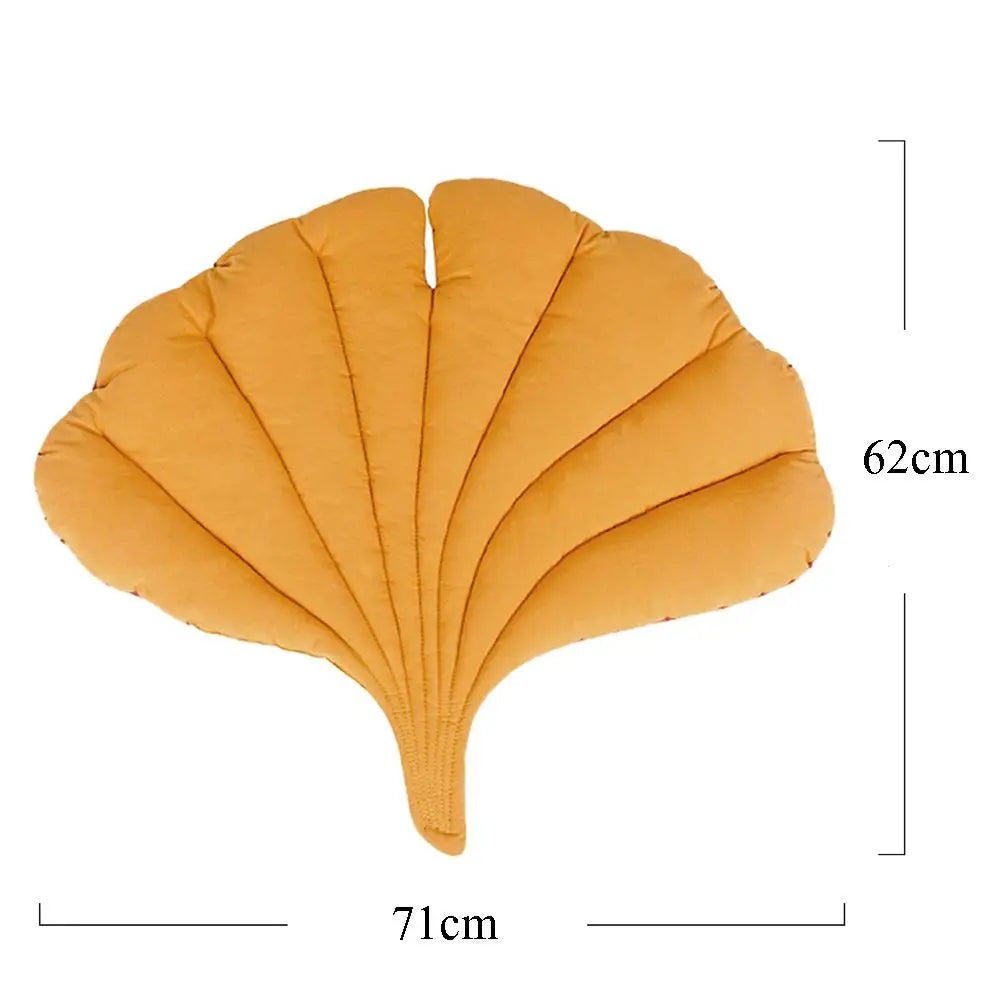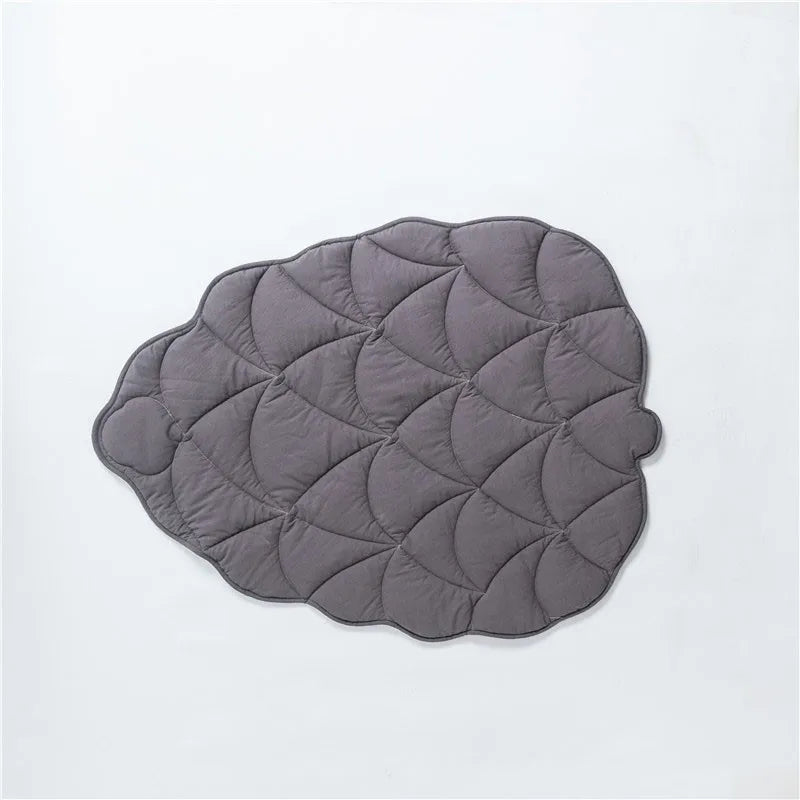We all know it, as dog owners. We sit down quietly and our dog comes to sit with us. So close, often still on our feet. Why do dogs do this? And if your dog doesn't do it, is it something to worry about?
We would like to let a dog expert explain it to you clearly. We met former veterinarian Leonard Pruyssen at his home in Mol.

Why does my dog sit on my feet?
You probably know the myth that when a dog sits or lies on your feet, he is trying to dominate you. I've heard this many times, but nothing could be further from the truth. Many dogs form strong bonds with their owners. Wherever the owner goes, the dog follows him. Every time you sit down, your dog lies down or sits on or at your feet. This is an indication of the strong relationship you have with your dog. Something that always makes me very happy.
But there can be other reasons why your dog sits on your feet, and that happens under certain circumstances. Here's what you need to know about why your dog likes to sit on your feet. There are several reasons why a dog likes to sit on your feet, below are some of the most common reasons.
Your dog wants to show love
It is very normal for a dog to sit at its owner's feet. This can be a way to show affection, just as you would choose to sit next to a friend or loved one. Some dogs like to stay on the floor instead of sitting next to you on the couch, so they end up close to your feet or even on top of them. Your dog may prefer the texture and feel of carpet, tile, or wood, or he may be sitting next to you because it's simply too hot.
Some dogs may want to stand at their owner's feet so they can be prepared to get up and follow them at the slightest movement. Other dogs may specifically choose to sit or lie right on top of their owner's feet. These dogs may find the physical contact comforting - simply touching their owner can be relaxing for a dog.

100% fresh meals for your dog
SPECIAL PROMOTION: Get a whopping 50% discount!
Your dog is worried
In certain situations, your dog may choose to sit or lie on your feet because he is afraid or anxious. If your dog doesn't normally sit on your feet and suddenly exhibits this behavior, take a moment to assess the body signals:
- Do they show signs of anxiety and stress, such as excessive panting or drooling
- Does their tail hang down or is it tucked under?
- Are their ears pulled back? Is their head bowed?
When some dogs get scared, they will try to get as close to their owner as possible. This can happen during a vet visit or when they go to an unfamiliar place. Some dogs exhibit this behavior at home when they hear certain sounds, such as fireworks, thunder, or construction noises. Or they exhibit this behavior around people, children or dogs that makes them feel uncomfortable.
If your dog is scared or insecure, it can be simple to keep in touch with you to help him feel more confident. It can be like a child wanting to hold their parents' hand when they are scared. Part of the dog population suffers from separation anxiety and these dogs may also sit or lie on their owner's feet. Not all dogs with separation anxiety exhibit this behavior. The dogs that do probably find comfort in being close to their owners.
It is learned behavior
Dogs can certainly learn that if they sit or lie on your feet, they are more likely to get your attention. It is a normal reaction to look at or talk to your dog if he chooses to sit on top of your feet. Or perhaps your dog has learned that you give them physical attention in the form of pets or ear rubs while they sit at your feet.
This positive reinforcement makes it more likely that your dog will stay at your feet.

What if my dog doesn't sit on my feet?
Something that I often heard at practice. The restlessness in the owner, because the dog chooses not to sit on your feet. Each dog is an individual and expresses attachment and affection towards its owners in different ways.
Maybe your dog is not the cuddly, sensitive, sensitive dog, but he likes to sit or lie next to you. Your dog may simply enjoy your company without needing as much physical contact, and that's fine.
Instead, your dog may show you affection in other ways, such as when he comes to greet you when you come home or brings you his favorite toy , or follows you from room to room. Think of it as your dog having certain love languages. Maybe you're grateful that your big dog doesn't want to sit on your feet. Believe me, I speak from personal experience.
Whether your dog is a sit-at-your-feet type or a follow-along type, enjoy your pup's unique personality.





















